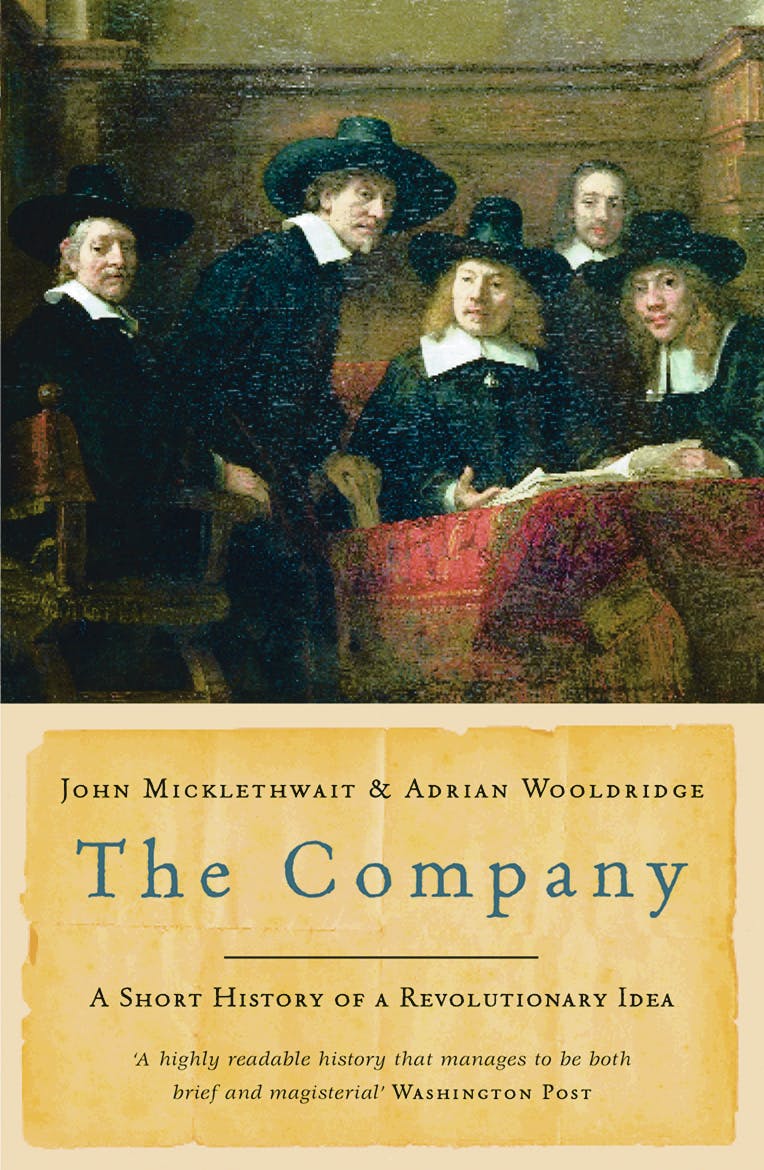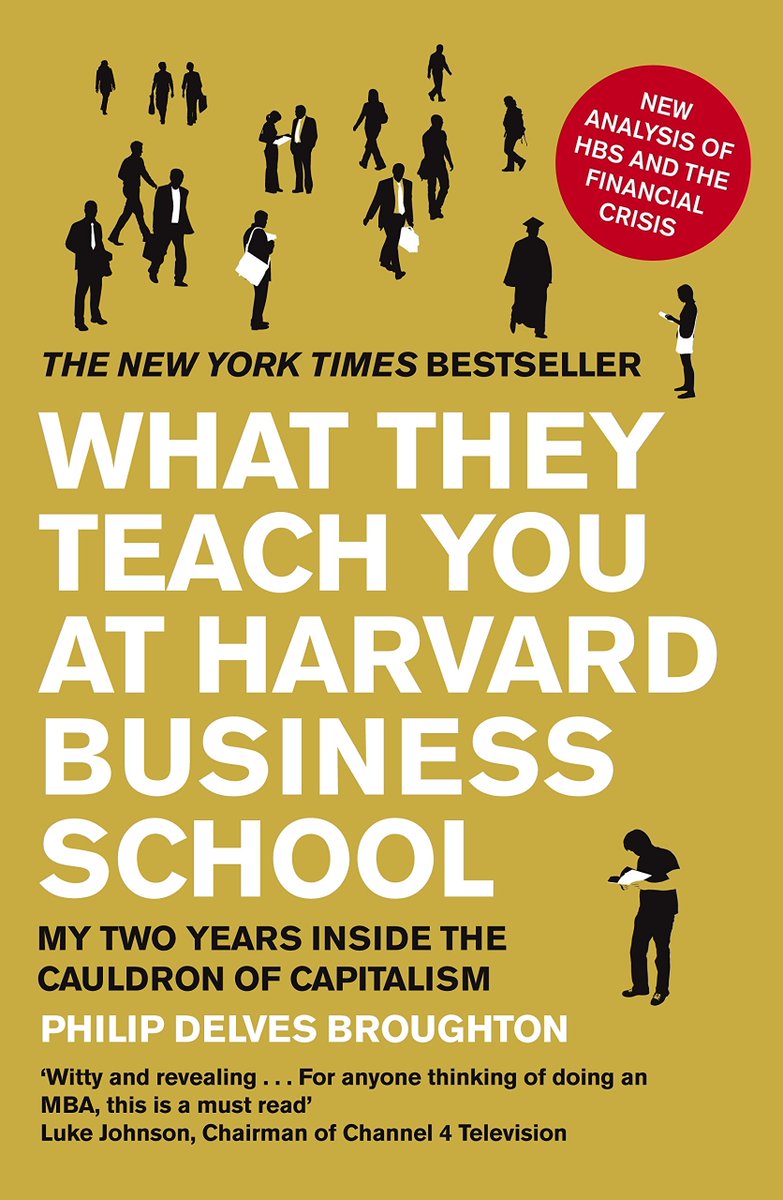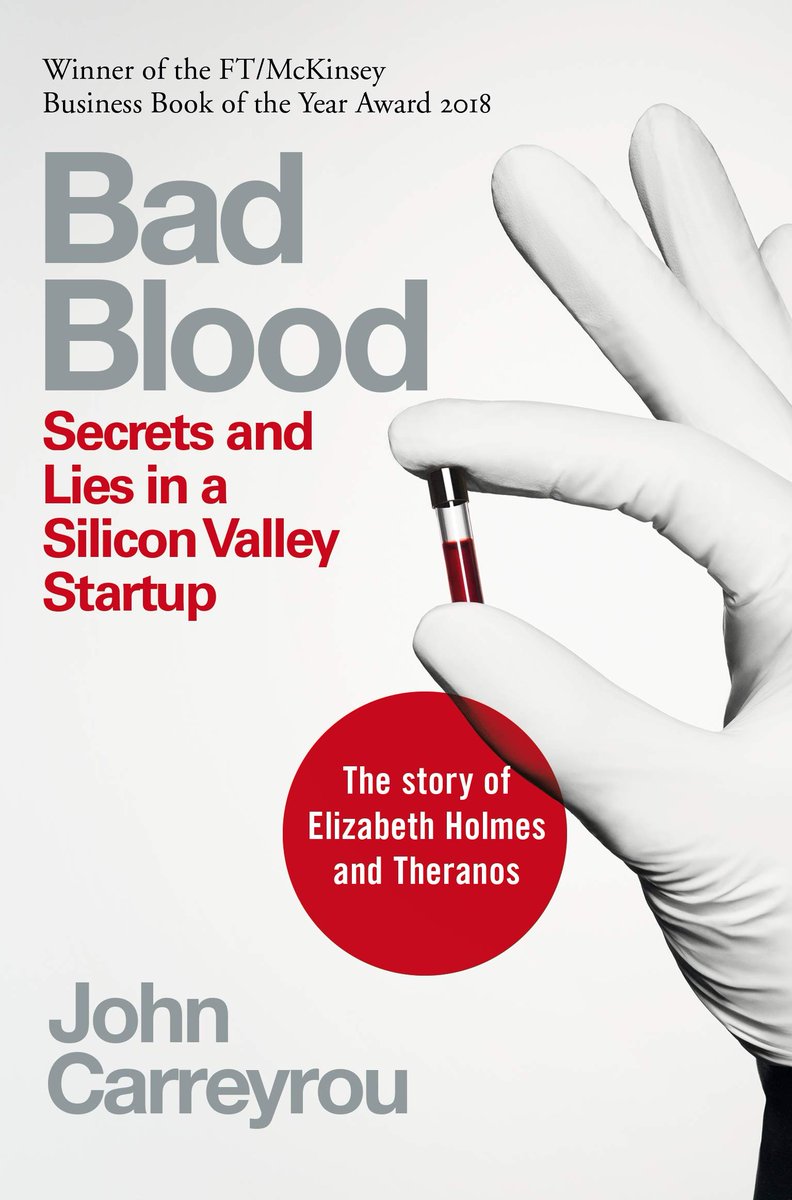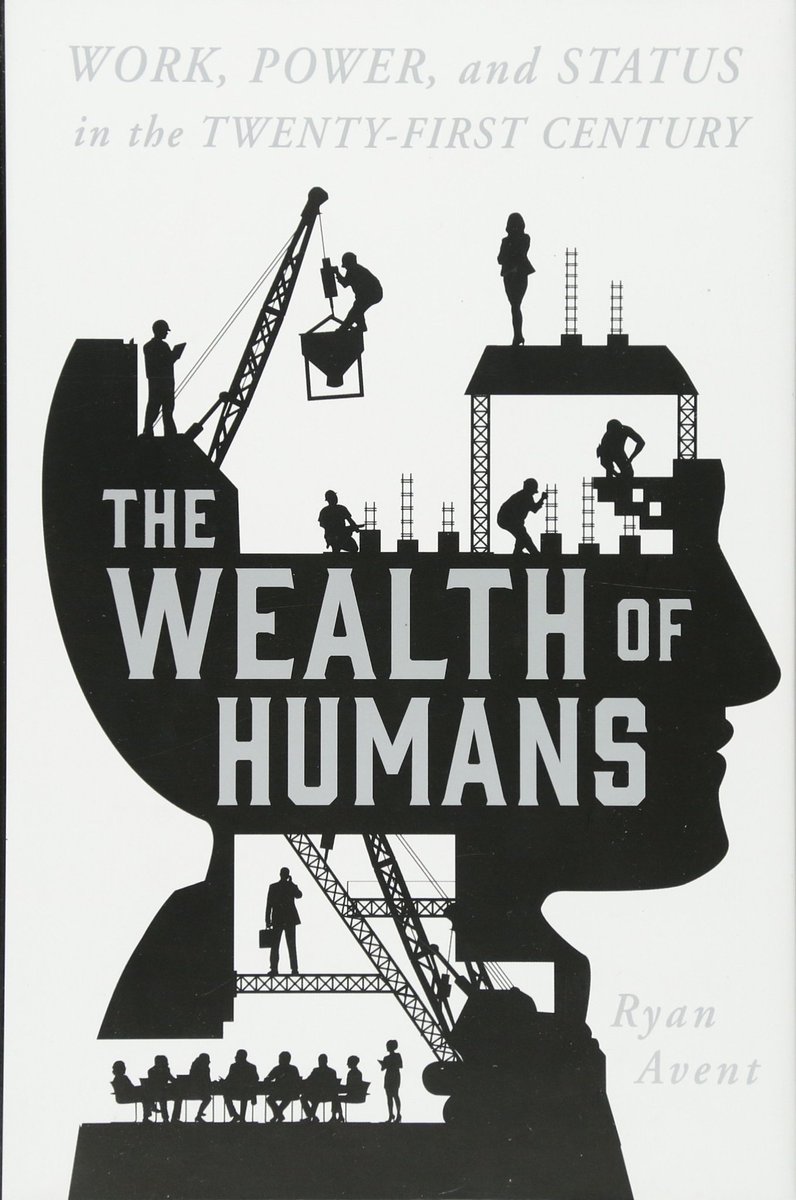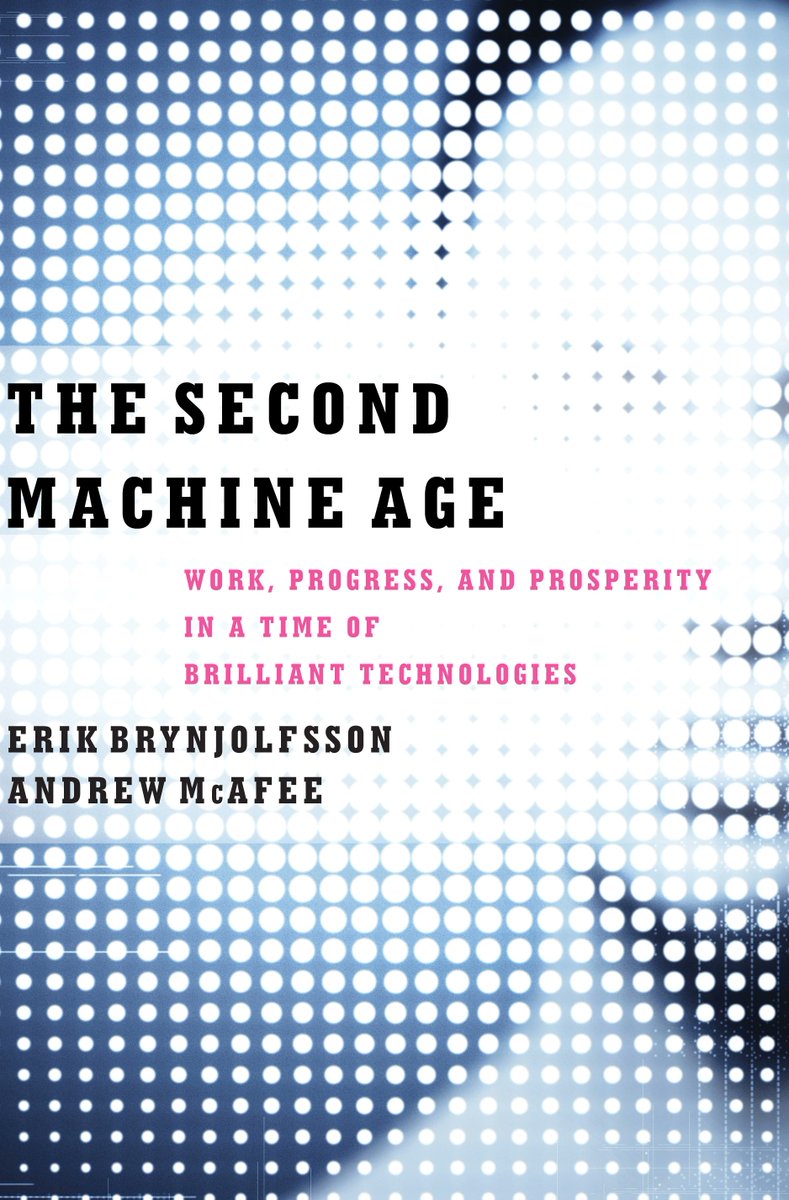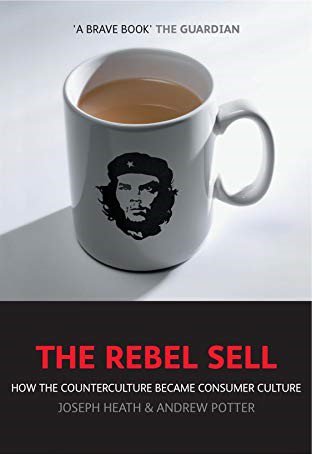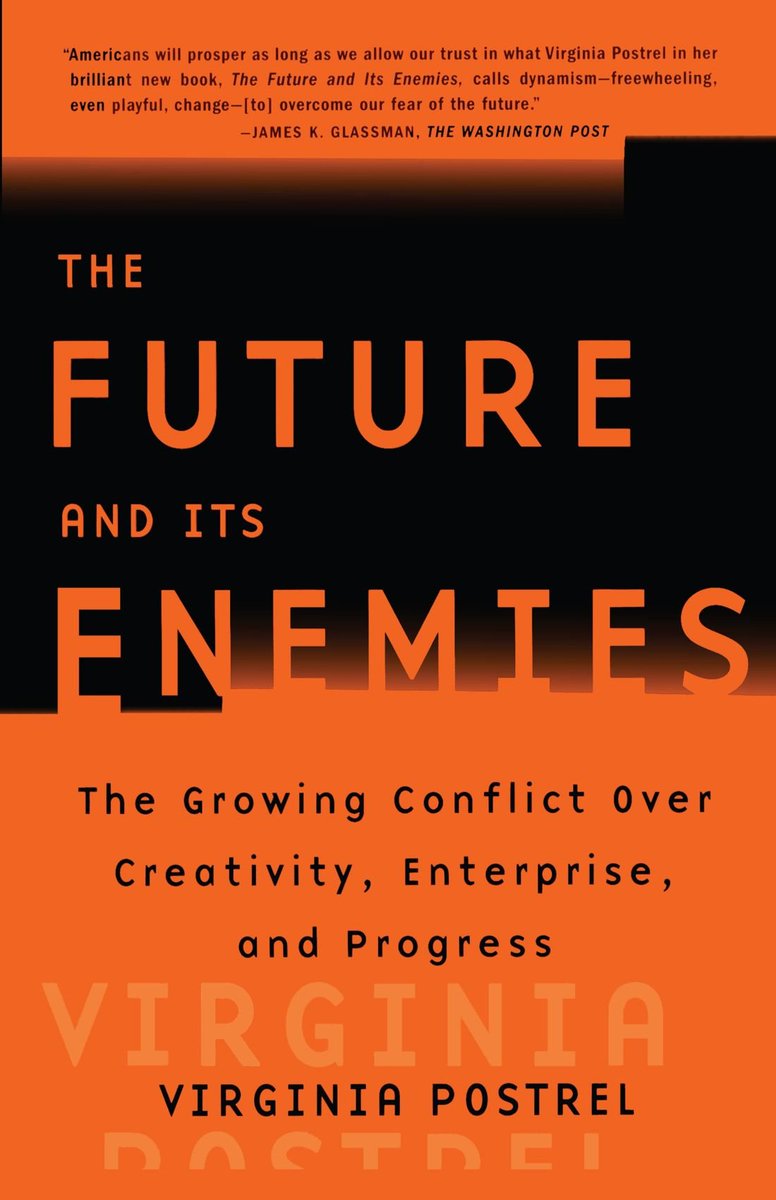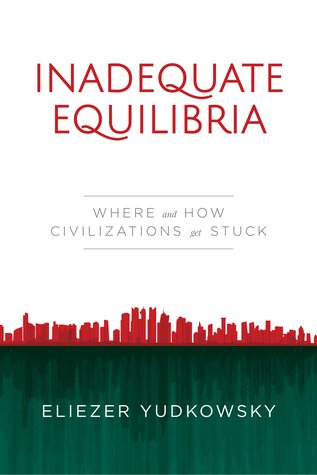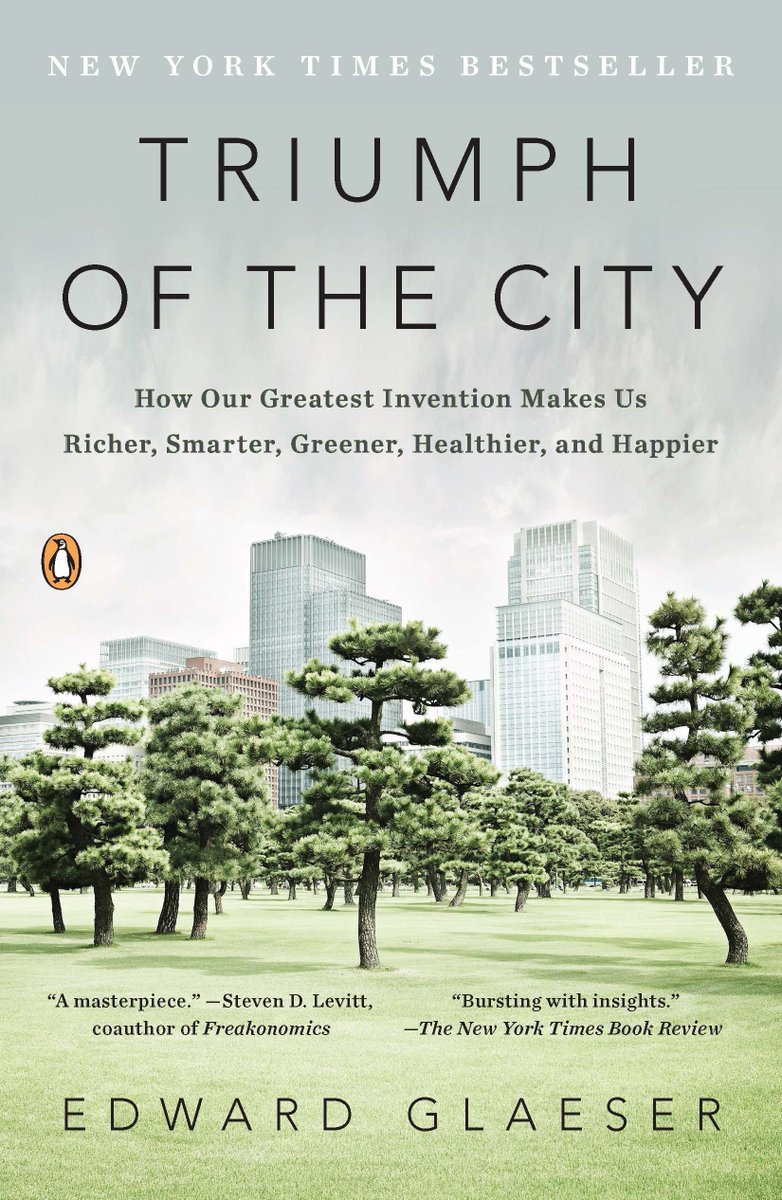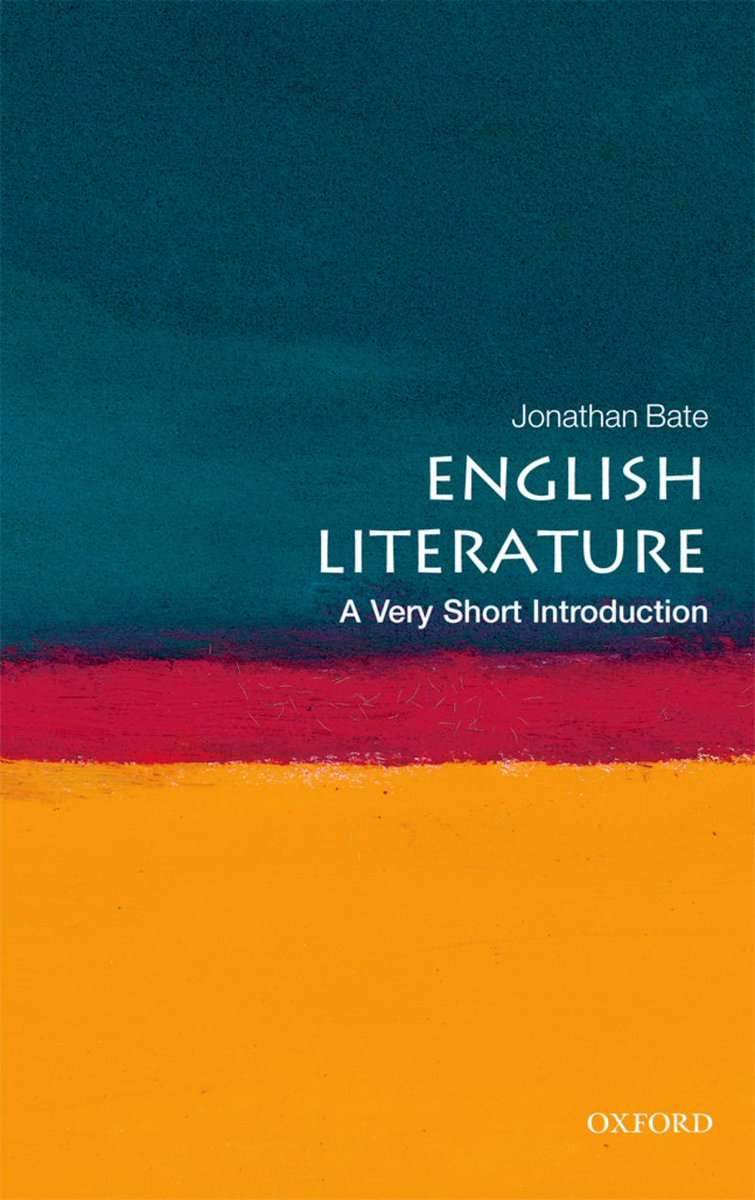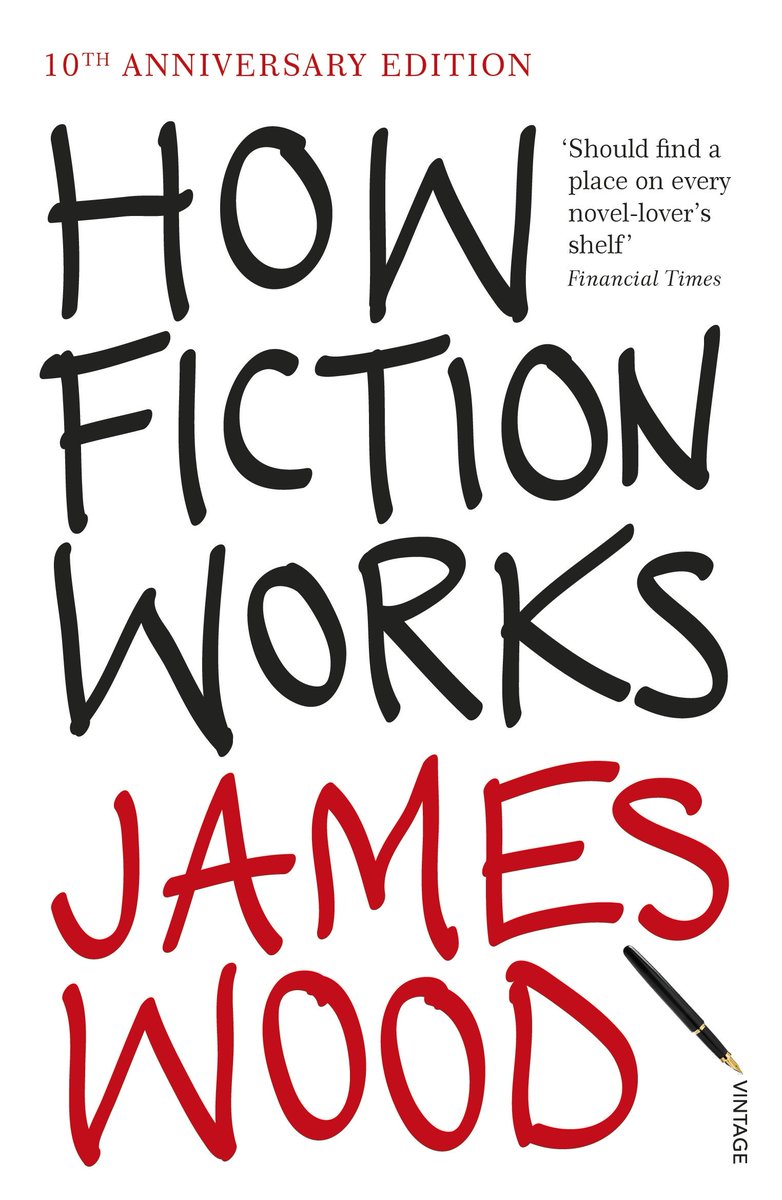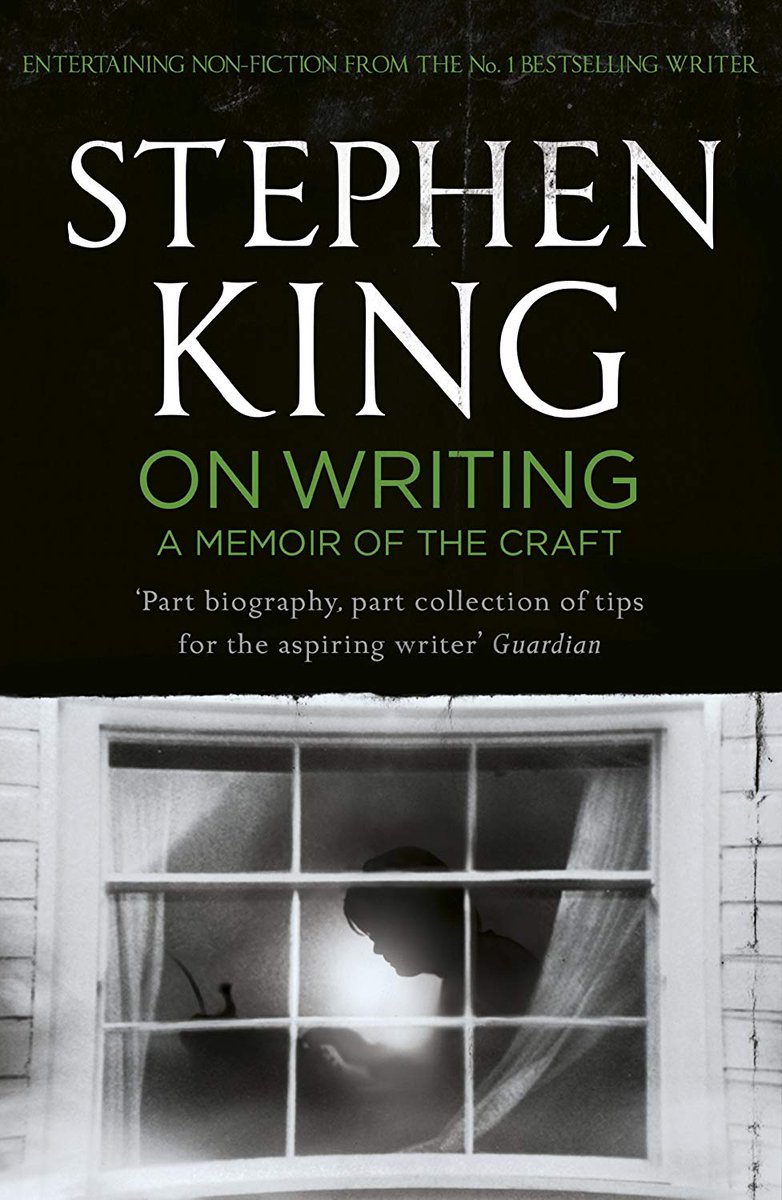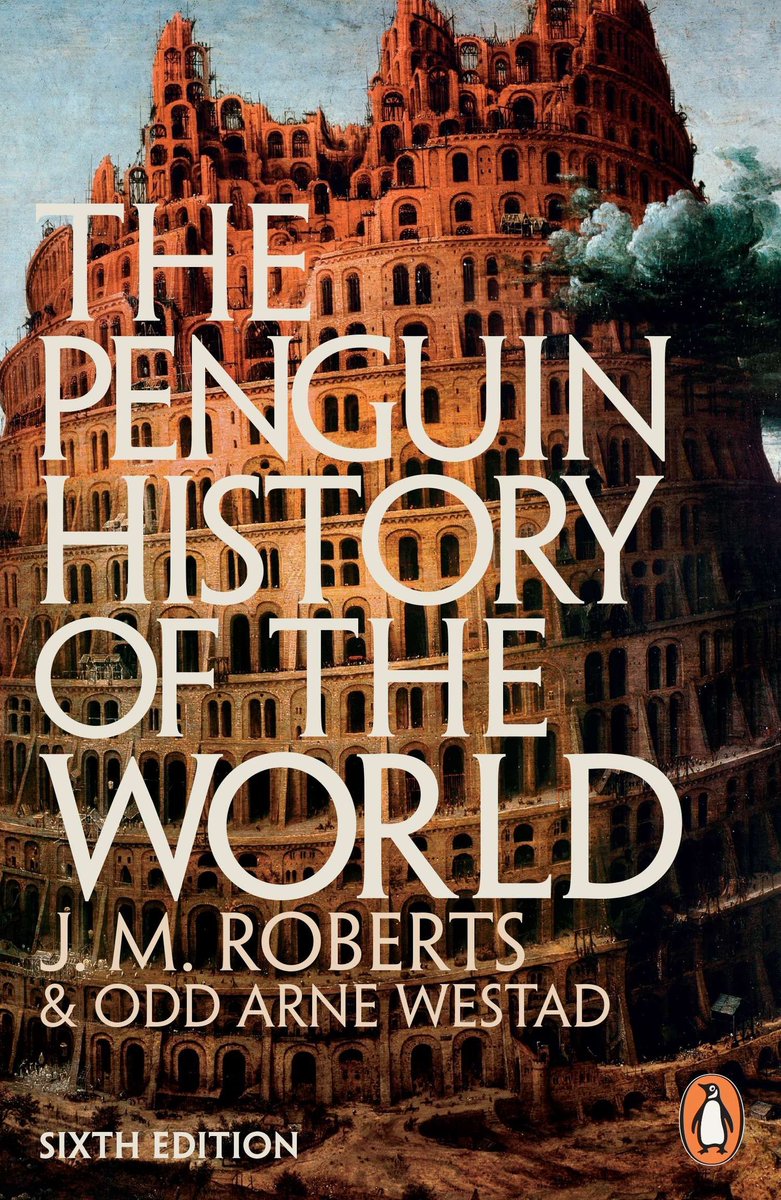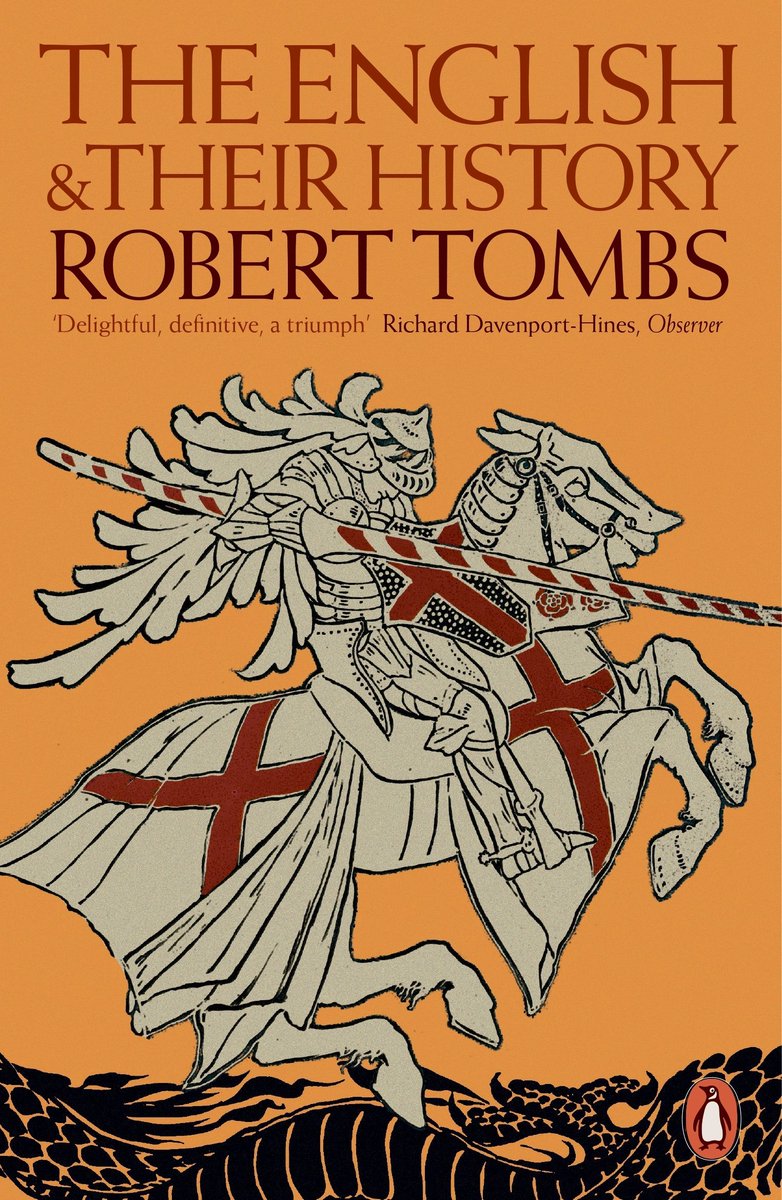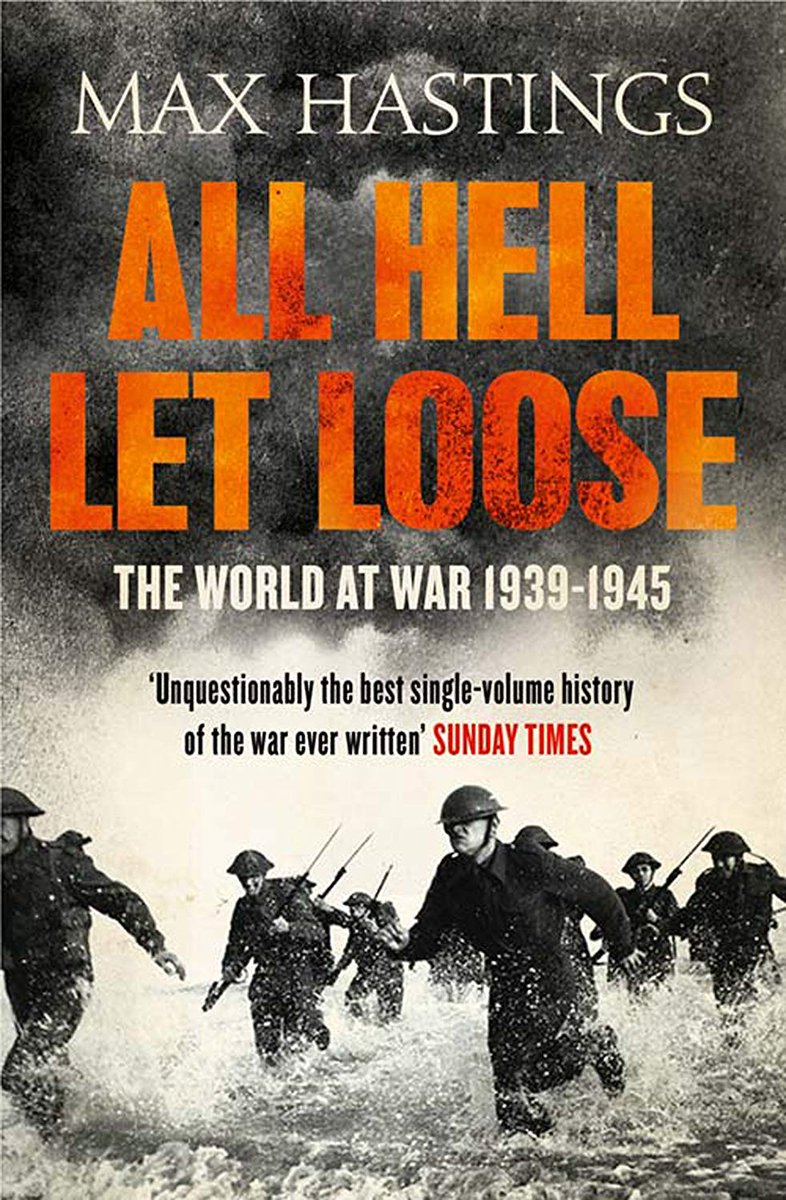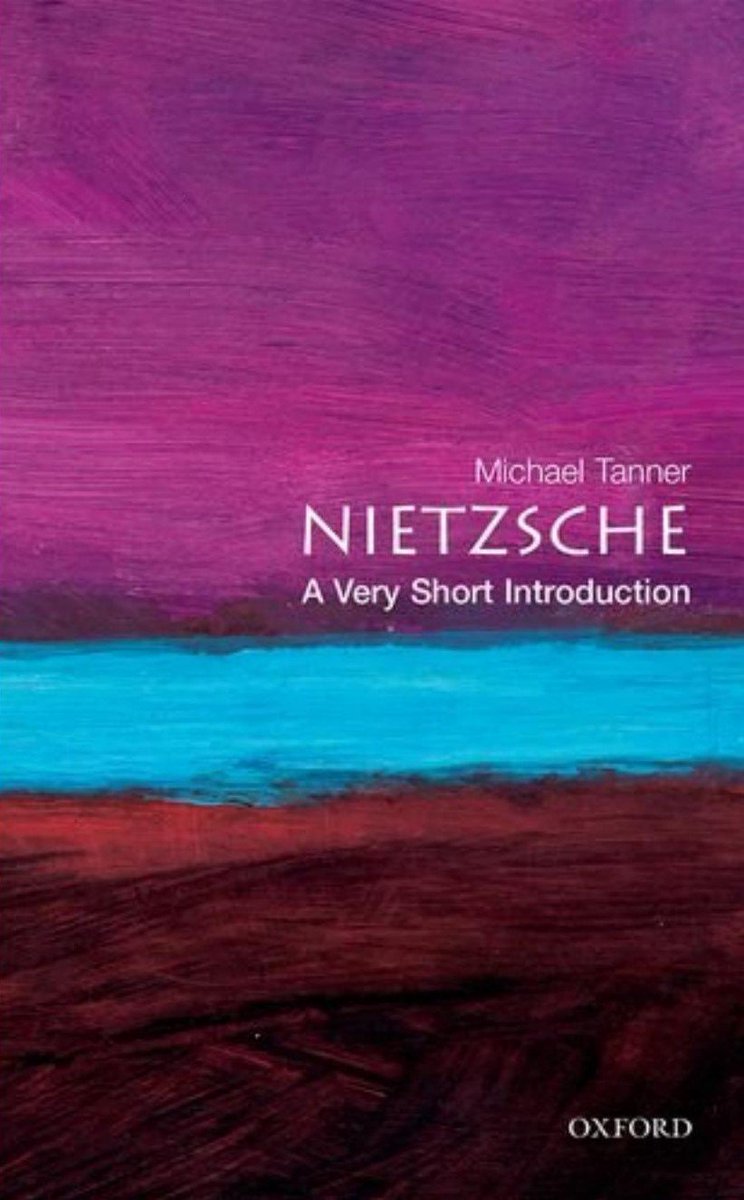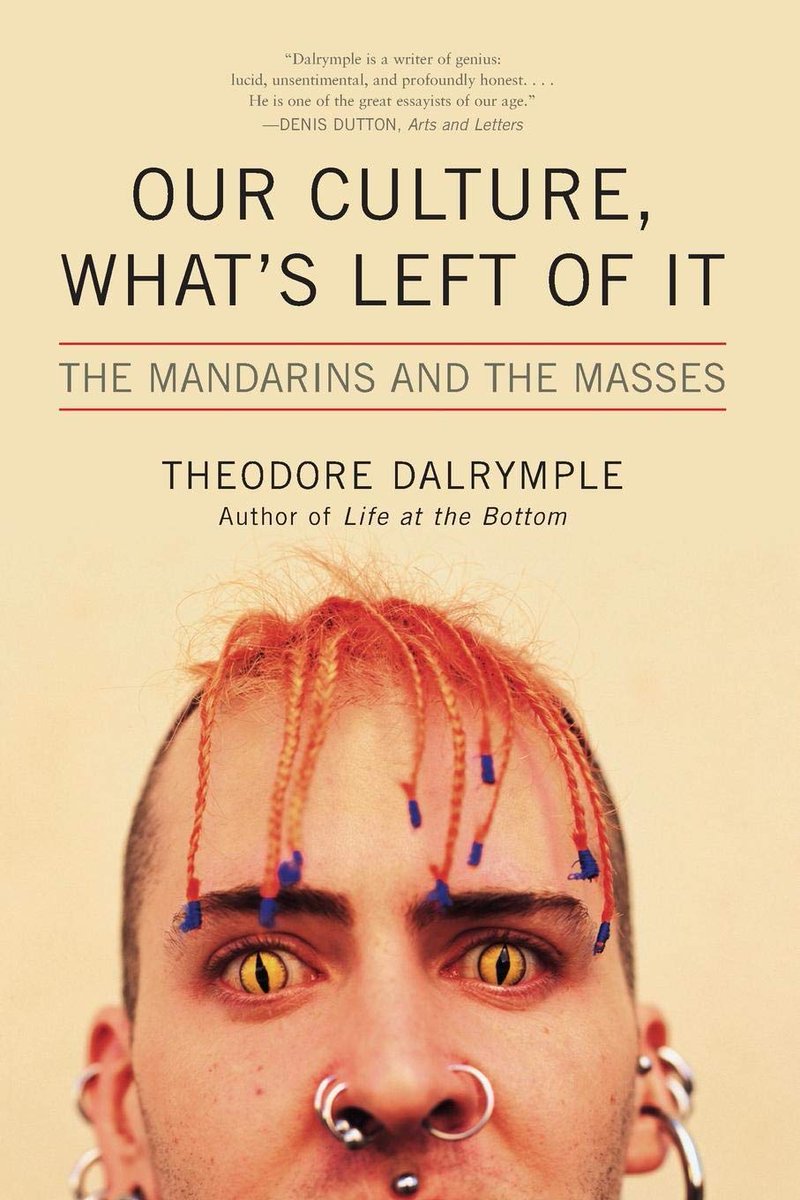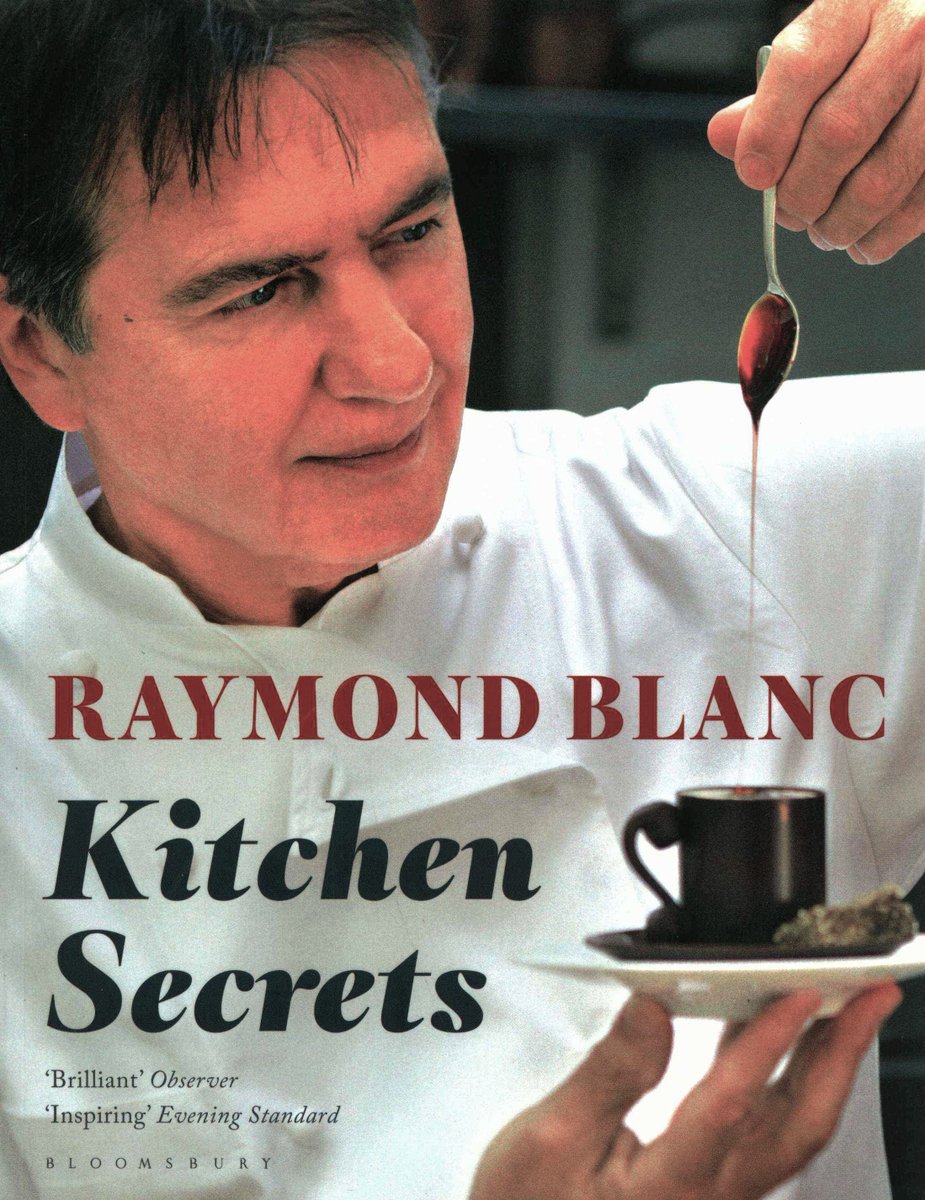So, for some reason I& #39;m starting this "Best Books on Everything" thread with: books I enjoyed in learning about China.
Starting with two books about Chinese Thought, and then two books about Chinese History.
Starting with two books about Chinese Thought, and then two books about Chinese History.
And finishing with a book about the modern Chinese economy and *the* classic of Chinese Fiction.
Be happy to give more detail on any of them if people would like.
What subject will I choose now? To find out, you must wait for the next installment!
Be happy to give more detail on any of them if people would like.
What subject will I choose now? To find out, you must wait for the next installment!
Next up, more predictably, Politics - and how to think about it. (1/4)
First is a particular favorite of mine, short, pithy, and opinionated.
Fukuyama is long, not very exciting, but easily the best comprehensive account of what we know about the nature and history of politics.
First is a particular favorite of mine, short, pithy, and opinionated.
Fukuyama is long, not very exciting, but easily the best comprehensive account of what we know about the nature and history of politics.
(2/4) If we take a Philosophical turn and get very serious:
Ryan is one of my very favorite books, a history of political philosophy - warning >1000 pages.
Kymlicka is an excellent modern academic treatment - warning VERY hard.
Ryan is one of my very favorite books, a history of political philosophy - warning >1000 pages.
Kymlicka is an excellent modern academic treatment - warning VERY hard.
(3/4) Lets get cynical!
Just in case you were becoming optimistic about changing the world, these two will suck out all your enthusiasm with a dose appalling truth.
Just in case you were becoming optimistic about changing the world, these two will suck out all your enthusiasm with a dose appalling truth.
(4/4) But there are other ways to look at politics, and these books are both crackers.
Haidt you are probably familiar with, tackling the issue from the perspective of Moral Psychology.
Seabright takes a look at the nature of civilization from an Economic perspective.
Haidt you are probably familiar with, tackling the issue from the perspective of Moral Psychology.
Seabright takes a look at the nature of civilization from an Economic perspective.
On to Science! (1/3)
I don& #39;t like popular physics, but a good way in is through history. Gribben is a wonderful overview.
Part I of Rhodes is an excellent history of early 20th C. Physics. Gleick& #39;s Feynman bio is a great history of mid 20th C. Physics, and just a great book!
I don& #39;t like popular physics, but a good way in is through history. Gribben is a wonderful overview.
Part I of Rhodes is an excellent history of early 20th C. Physics. Gleick& #39;s Feynman bio is a great history of mid 20th C. Physics, and just a great book!
(2/3) Here I drop in three general popular science.
Although 10 years old Fixing Climate is still an excellent read. Ball& #39;s book on "social physics" is remarkably good for what is a "trendy" subject. And everyone likes to read about that "curious character" Feynman.
Although 10 years old Fixing Climate is still an excellent read. Ball& #39;s book on "social physics" is remarkably good for what is a "trendy" subject. And everyone likes to read about that "curious character" Feynman.
(3/3) I will not recommend Physics textbooks. But I will drop in here one slightly more serious but still quasi-popular book, and with it an actual Chemistry textbook, for the very-motivated.
Okay, I want to drop here three Engineering related books.
The two by JE Gordon are real classics that are both popular, serious, and free of the modern cancer of reading like 300 page magazine articles.
Apollo tells the well known story from the side of the Engineers!
The two by JE Gordon are real classics that are both popular, serious, and free of the modern cancer of reading like 300 page magazine articles.
Apollo tells the well known story from the side of the Engineers!
Biology! (1/3)
The Origins of Life is fairly old (1999) but manages to treat a lot of material very seriously in a short space!
The Selfish Gene is by now infamous, but I still think it is one of the best books ever written.
Ancestor& #39;s Tale is long, slow and surprisingly good!
The Origins of Life is fairly old (1999) but manages to treat a lot of material very seriously in a short space!
The Selfish Gene is by now infamous, but I still think it is one of the best books ever written.
Ancestor& #39;s Tale is long, slow and surprisingly good!
(2/3) Yes, a 1500 page textbook. This is complete overkill for almost everyone, but there really is no substitute for learning (in excruciating molecular detail) how life actually works.
It is really well written and presented too!
It is really well written and presented too!
(3/3) Back to more popular fare, and a medical turn, two books by doctors:
Mukherjee& #39;s book really is "magisterial" about the long bloody history of learning about and treating cancer.
Gawande is a fantastic writer, this collection of shorter pieces is about performance.
Mukherjee& #39;s book really is "magisterial" about the long bloody history of learning about and treating cancer.
Gawande is a fantastic writer, this collection of shorter pieces is about performance.
I really don& #39;t know where to put these books - everything is connected - but I will drop there here as related to Gawande& #39;s thoughts on how we succeed and how we fail.
All examples of the well-written popular "smart thinking" genre beloved of bookstores. YMMV
All examples of the well-written popular "smart thinking" genre beloved of bookstores. YMMV
On to the mind... writing about this topic seems to make you controversial. All three are particular favorites of mine.
For my money these remain Pinker& #39;s and Dennett& #39;s best works. The Haidt book is the closest this list will come to self-help - but don& #39;t let that put you off!
For my money these remain Pinker& #39;s and Dennett& #39;s best works. The Haidt book is the closest this list will come to self-help - but don& #39;t let that put you off!
For psychology proper I will depart slightly by pointing you to the Open Yale course Introduction to Psychology by Paul Bloom and it& #39;s recommended textbook - I read the pictured edition but I think it has been updated since.
https://oyc.yale.edu/NODE/231 ">https://oyc.yale.edu/NODE/231&...
https://oyc.yale.edu/NODE/231 ">https://oyc.yale.edu/NODE/231&...
Okay, lets get Economical. I often wonder how best to introduce people to economics, because many people find it a wierd way to view the world.
McMillan will tell you what economists really think.
Heilbroner will tell you the story of how they got there.
Both very readable.
McMillan will tell you what economists really think.
Heilbroner will tell you the story of how they got there.
Both very readable.
There are many good Principles of Economics textbooks, sadly I didn& #39;t read them.
I can& #39;t recommend the Micro textbooks I used either (try baby Varian instead).
So I give you a Macro textbook and a Public Finance textbook that are both serious but not heavy on the maths.
I can& #39;t recommend the Micro textbooks I used either (try baby Varian instead).
So I give you a Macro textbook and a Public Finance textbook that are both serious but not heavy on the maths.
To take a finance turn:
A book about the history of the understanding of risk (more interesting than it sounds!) and a book about the story of hedge funds (boo hiss). https://abs.twimg.com/emoji/v2/... draggable="false" alt="😉" title="Zwinkerndes Gesicht" aria-label="Emoji: Zwinkerndes Gesicht">
https://abs.twimg.com/emoji/v2/... draggable="false" alt="😉" title="Zwinkerndes Gesicht" aria-label="Emoji: Zwinkerndes Gesicht">
A book about the history of the understanding of risk (more interesting than it sounds!) and a book about the story of hedge funds (boo hiss).
And then on to a book about the history of Corporations (!), and three business books that I enjoyed - all very well written, thoughtful and occasionally eye-opening.
(1/3) Next is my favorite category: books about the big picture of what is happening in the crossover of politics & the economy here, now, and in the future.
When I read Ryan Avent& #39;s book my first thought was "I wish I had written this."
When I read Ryan Avent& #39;s book my first thought was "I wish I had written this."
(2/3) The Rebel Sell (renamed Nation of Rebels in the US) is one of my all time favorites: direct, funny, cultural references straight into my millenial heart.
Postrel and Yudkovsky both step back and look at how things change, how things get stuck, and how to think about that!
Postrel and Yudkovsky both step back and look at how things change, how things get stuck, and how to think about that!
(3/3) These are two excellent books about the spatial nature of the economy. Moretti is about clustering and the unequal spread of "good jobs"; Glaeser is an (economist& #39;s) hymn to the glory of the city, it& #39;s past, present, and future.
When a leading Shakespeare scholar and a renowned literary critic (respectively) write little books about fiction you get high brow and much punch.
Stephen King& #39;s part memoir part writing guide needs no introduction.
Stephen King& #39;s part memoir part writing guide needs no introduction.
I have only one art book to recommend.
Gombrich& #39;s beautiful brick has stood the test of decades as the unrivalled introduction to art and its history.
Gombrich& #39;s beautiful brick has stood the test of decades as the unrivalled introduction to art and its history.
History (1/2)
Starting with big history - and you don& #39;t get bigger than JM Roberts single volume history of the world - now updated after his death.
Landes is a (not uncontroversial) economic history of the world. Bernstein a nice companion piece on the importance of trade.
Starting with big history - and you don& #39;t get bigger than JM Roberts single volume history of the world - now updated after his death.
Landes is a (not uncontroversial) economic history of the world. Bernstein a nice companion piece on the importance of trade.
(2/2) To bring things closer to (my) home, 1000 excellent pages on England, and what it means.
An extremely controversial but stunningly well written tome by Niall Ferguson.
And a book that astonishingly fits the entire Second World War into a single, balanced, readable volume.
An extremely controversial but stunningly well written tome by Niall Ferguson.
And a book that astonishingly fits the entire Second World War into a single, balanced, readable volume.
What is the biggest country on Earth you know nothing about? The first book entertainingly solves this problem for you.
The second is that rare thing for a western audience, a serious book on Japan.
The second is that rare thing for a western audience, a serious book on Japan.
I am not a big fan of Nietzsche, I am a big fan of this small book on Nietzsche.
Next a set of erudite, well written, thoughtful, and rather reactionary essays by a pseudonymous British doctor.
And the trending book of 2016 that really was as good as everyone said.
Next a set of erudite, well written, thoughtful, and rather reactionary essays by a pseudonymous British doctor.
And the trending book of 2016 that really was as good as everyone said.
And that, is all!
I realise there are many topics I have not covered. Philosophy, Mathematics, Computing, Architecture, Music, Fashion, Sport, Law, Sociology, International Relations, Education and so on... but nothing really jumped out at me to recommend! Maybe in future...
I realise there are many topics I have not covered. Philosophy, Mathematics, Computing, Architecture, Music, Fashion, Sport, Law, Sociology, International Relations, Education and so on... but nothing really jumped out at me to recommend! Maybe in future...

 Read on Twitter
Read on Twitter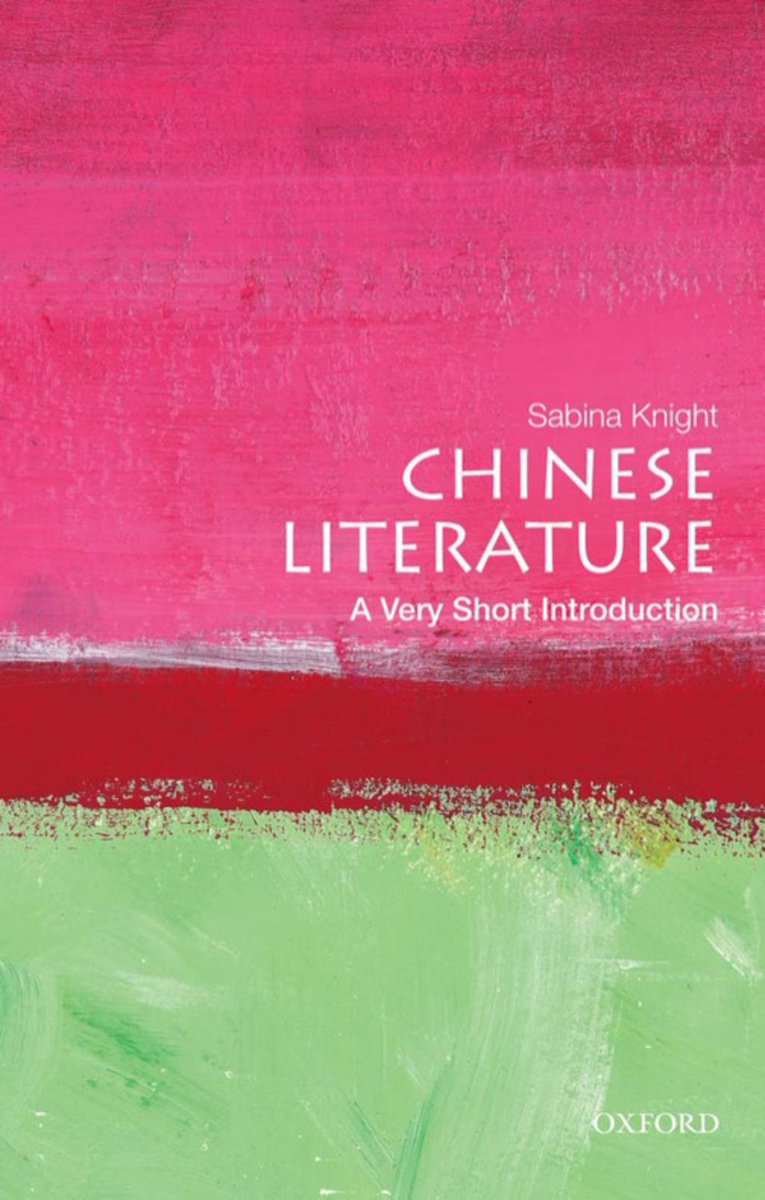
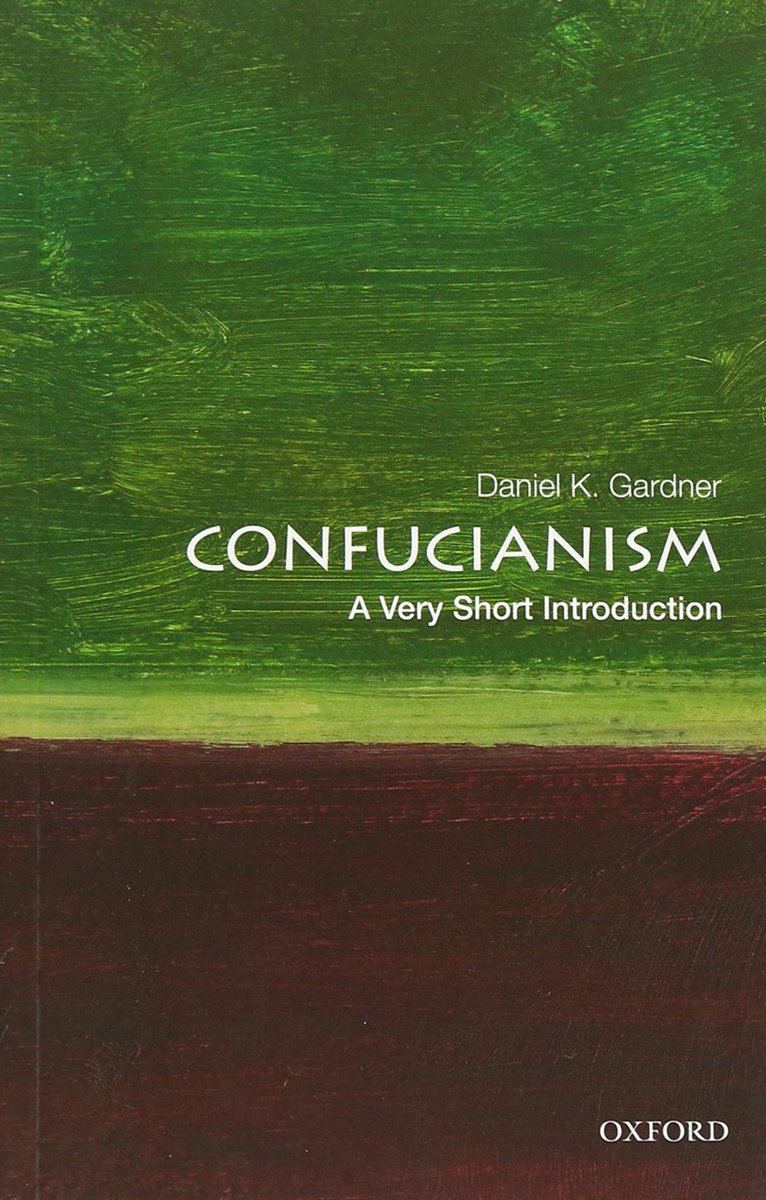
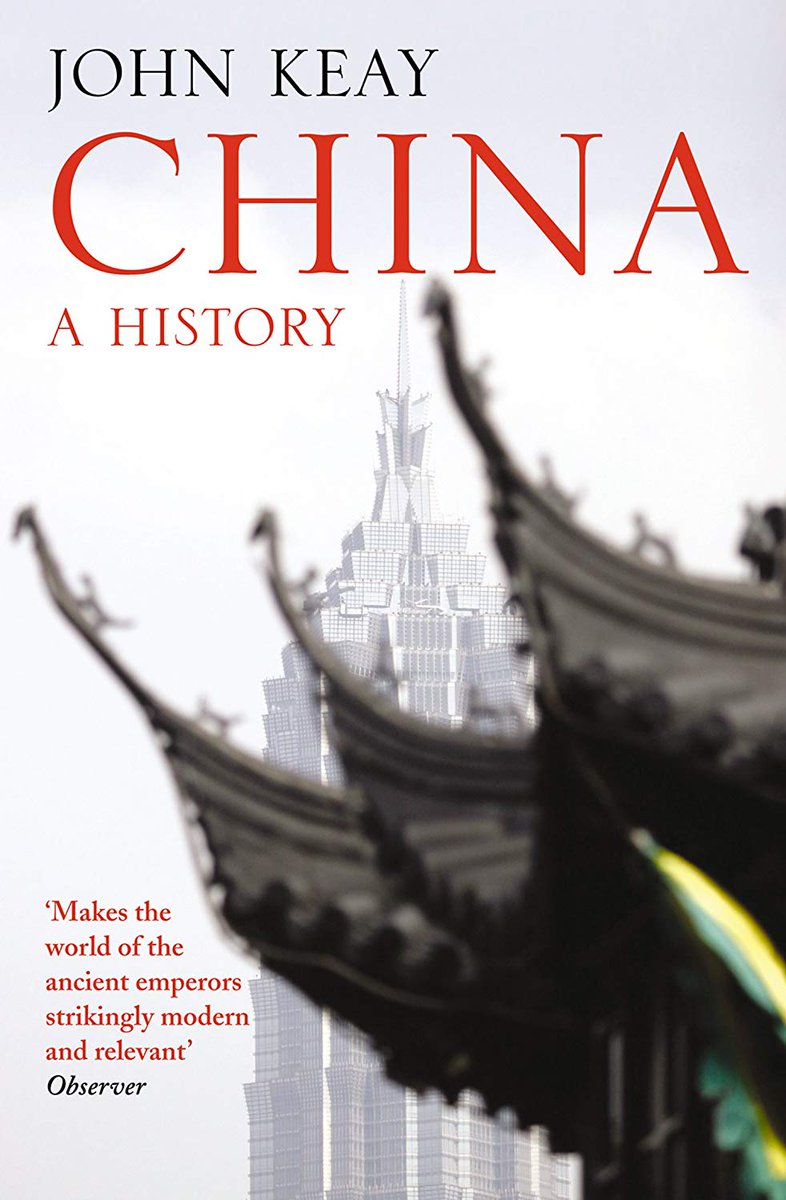
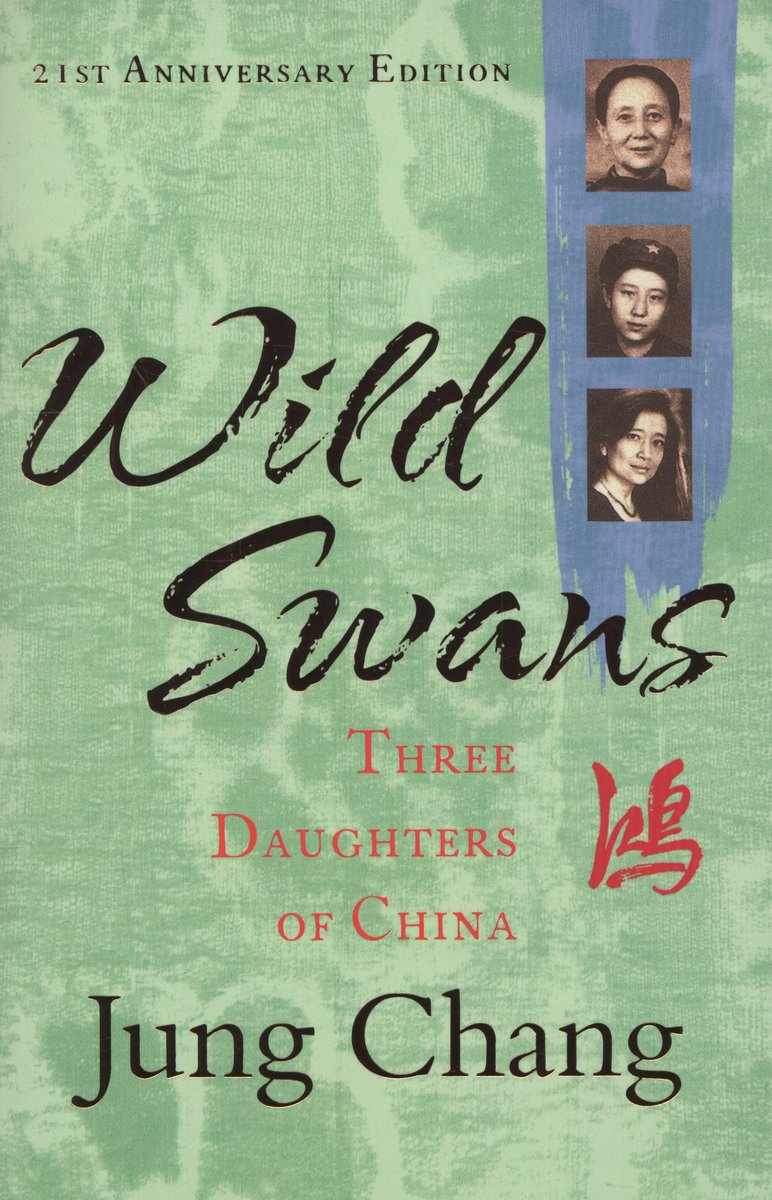


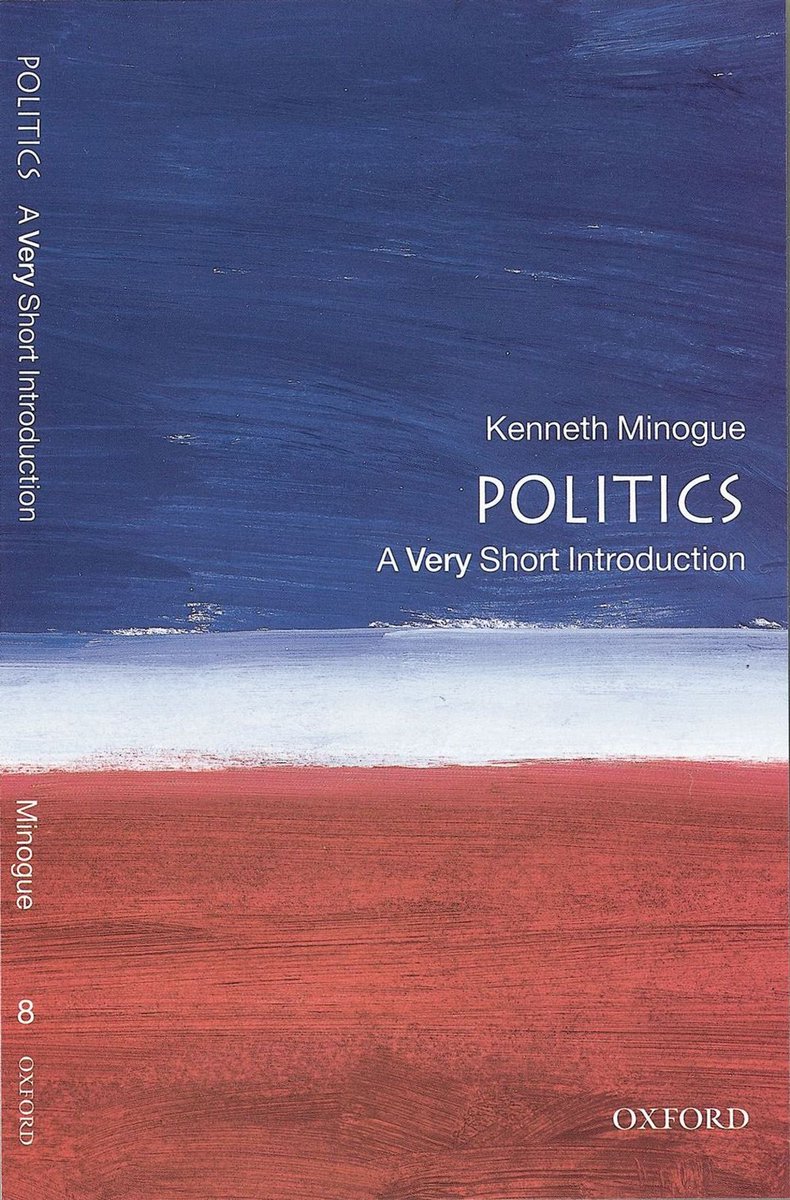
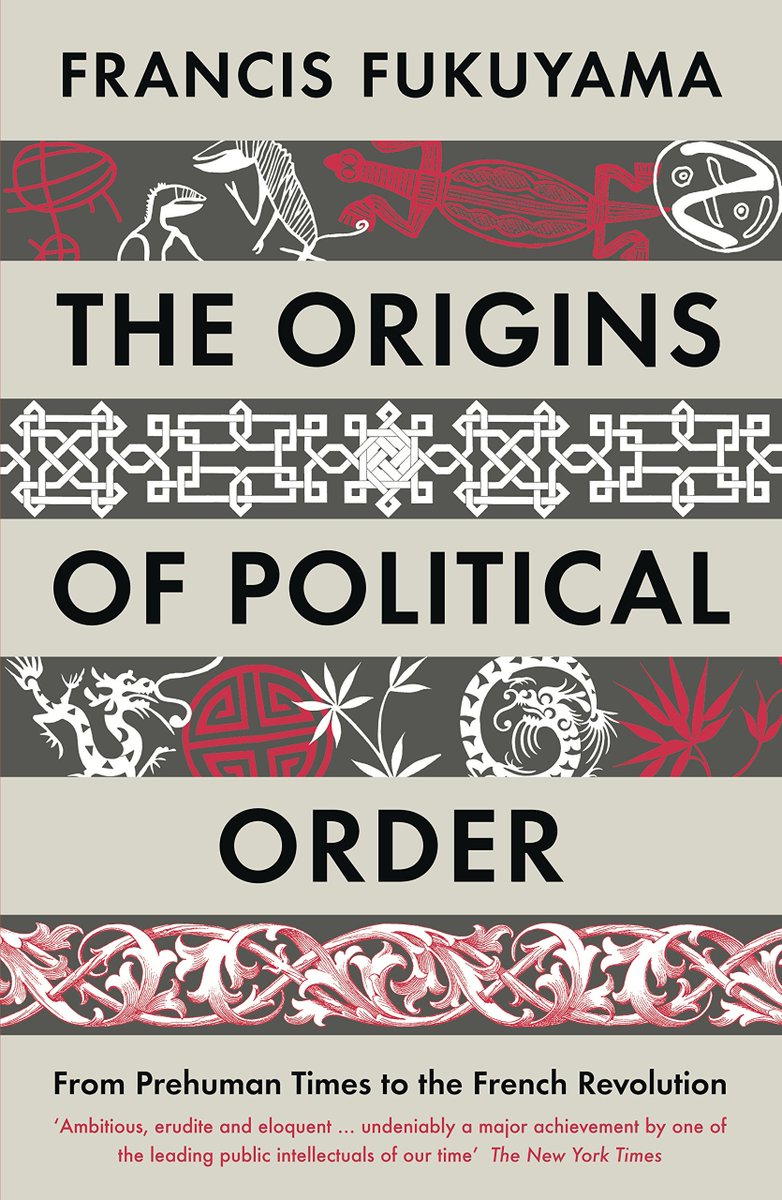
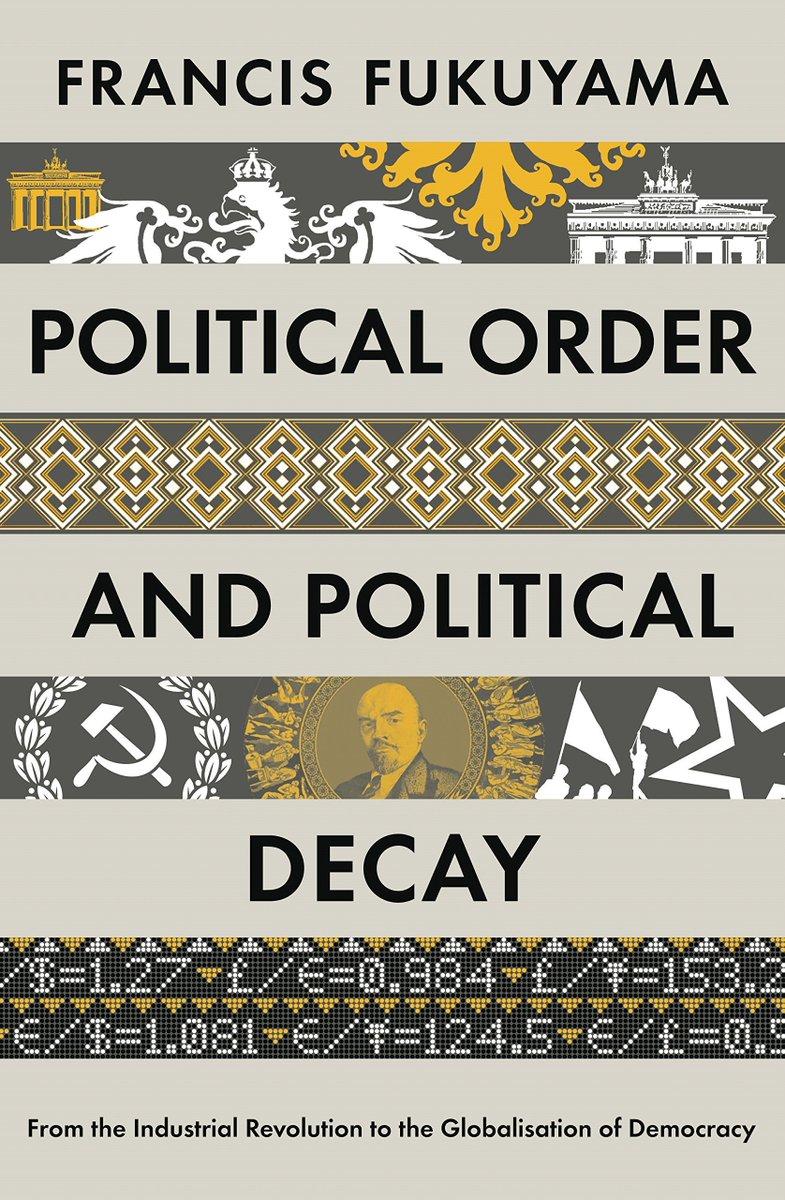
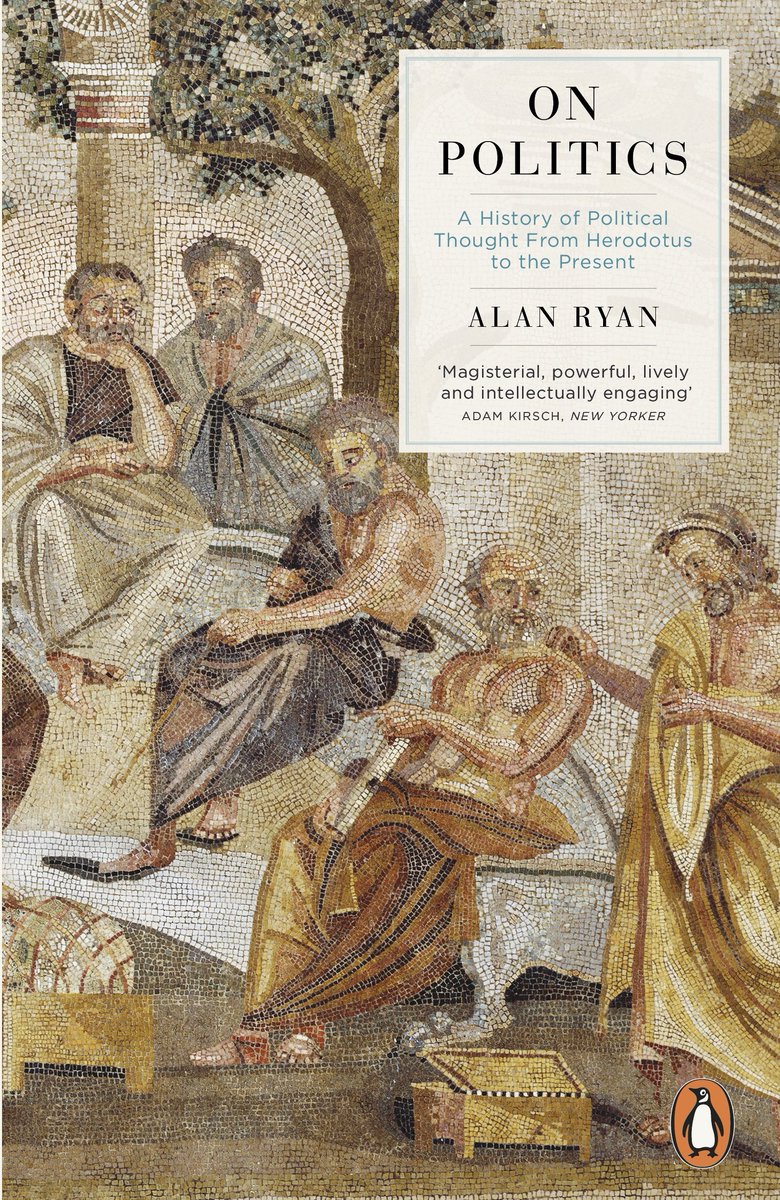
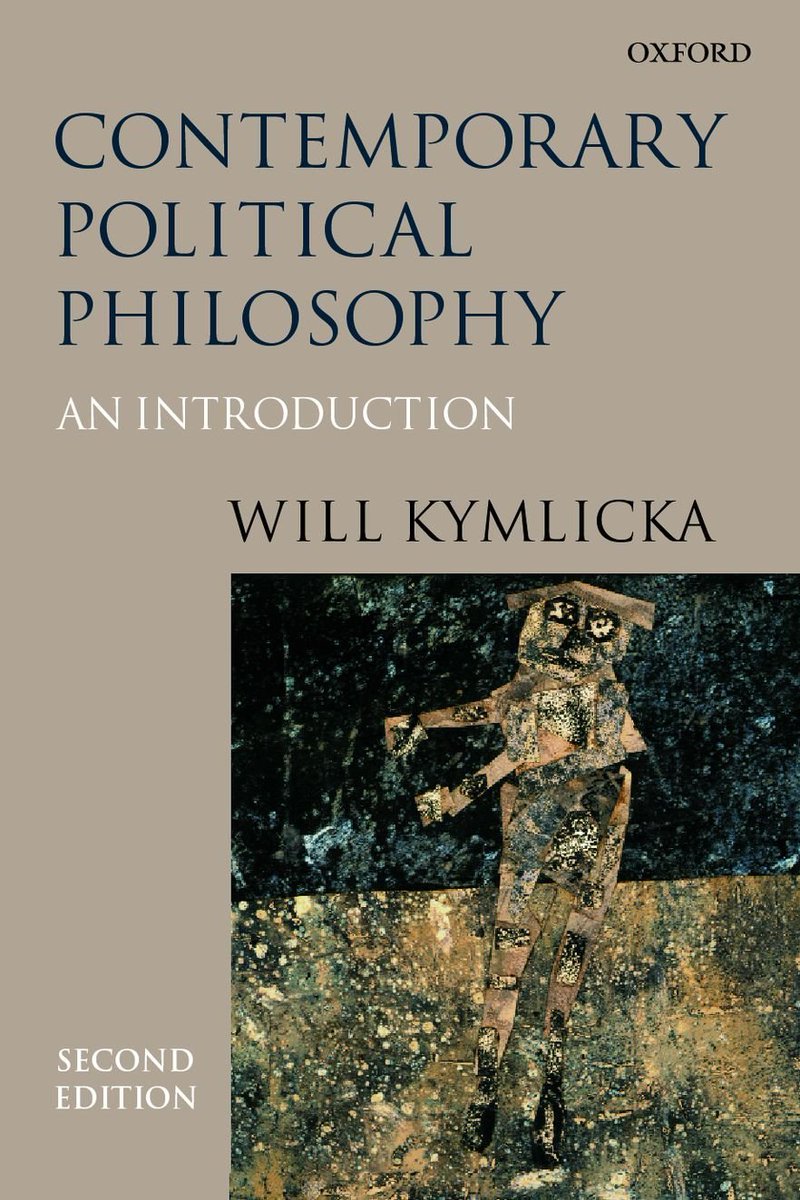

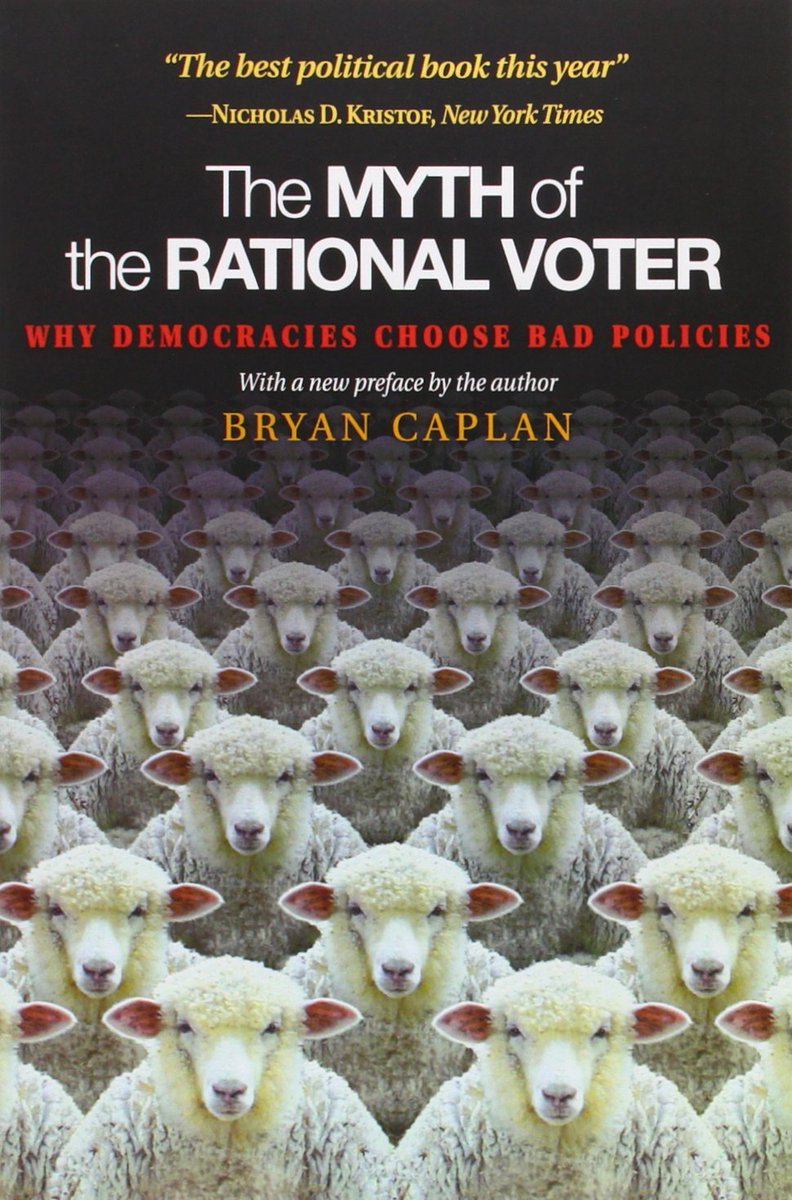
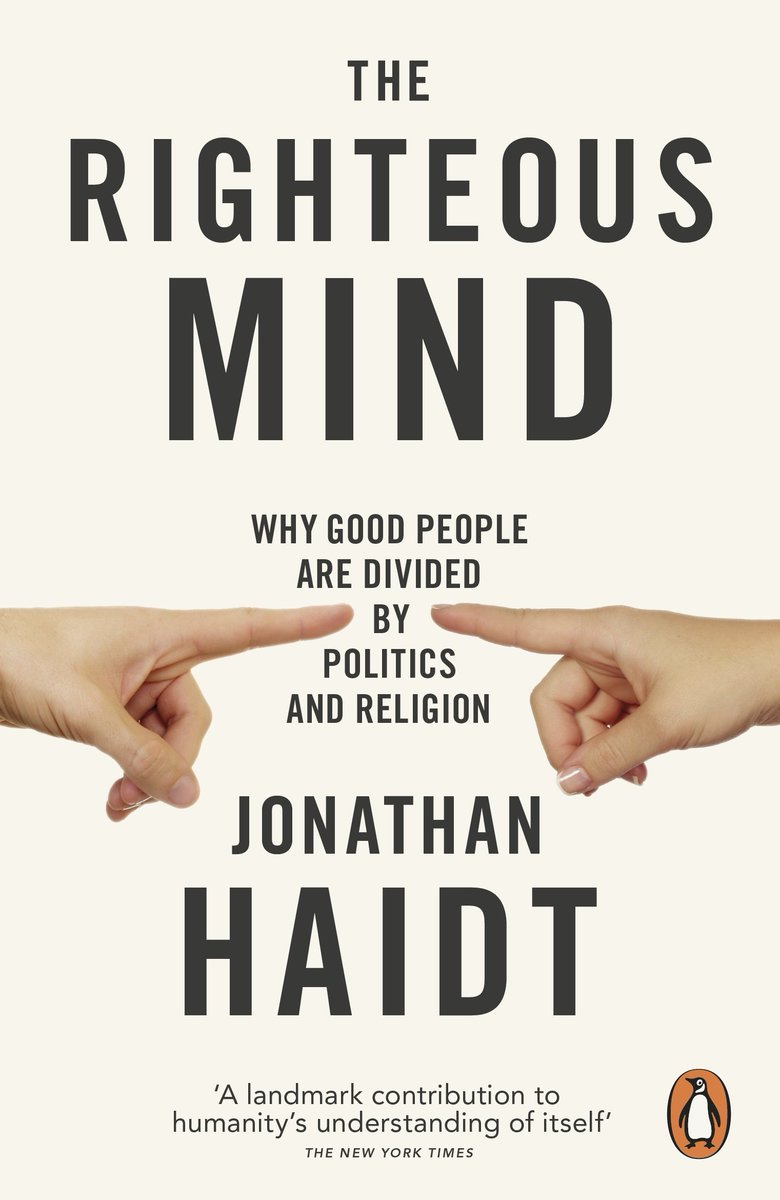
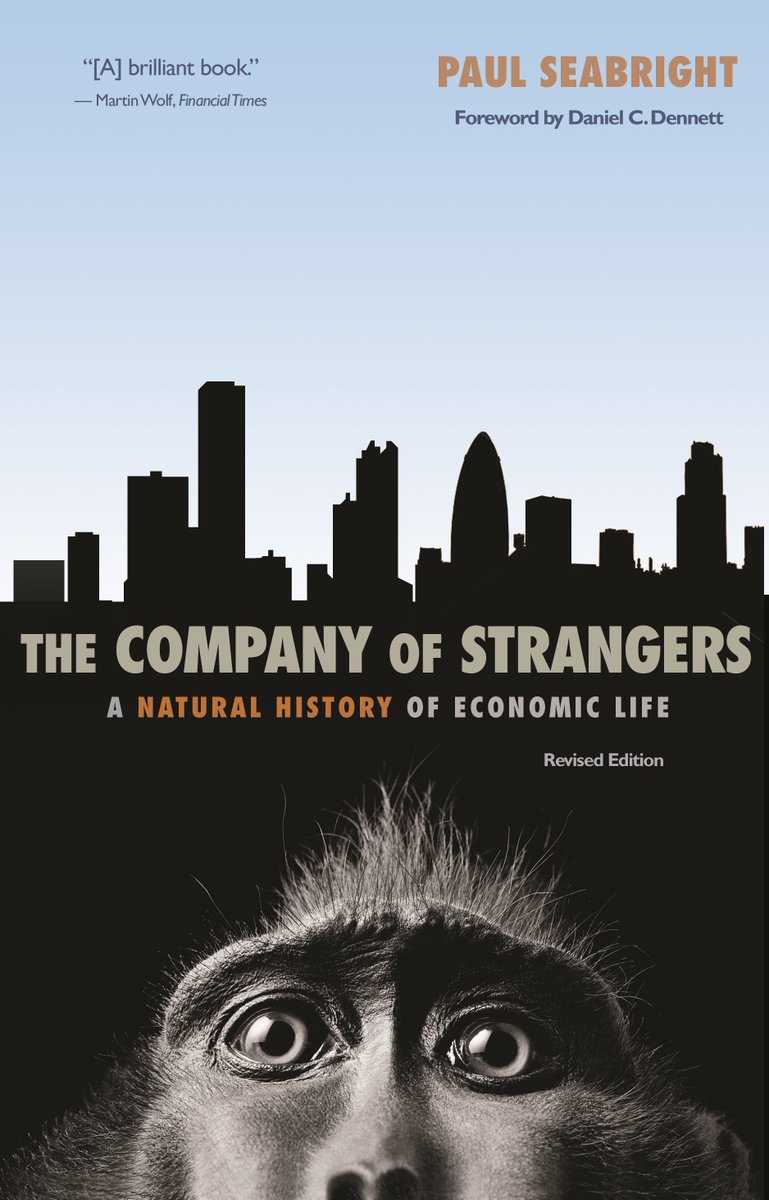

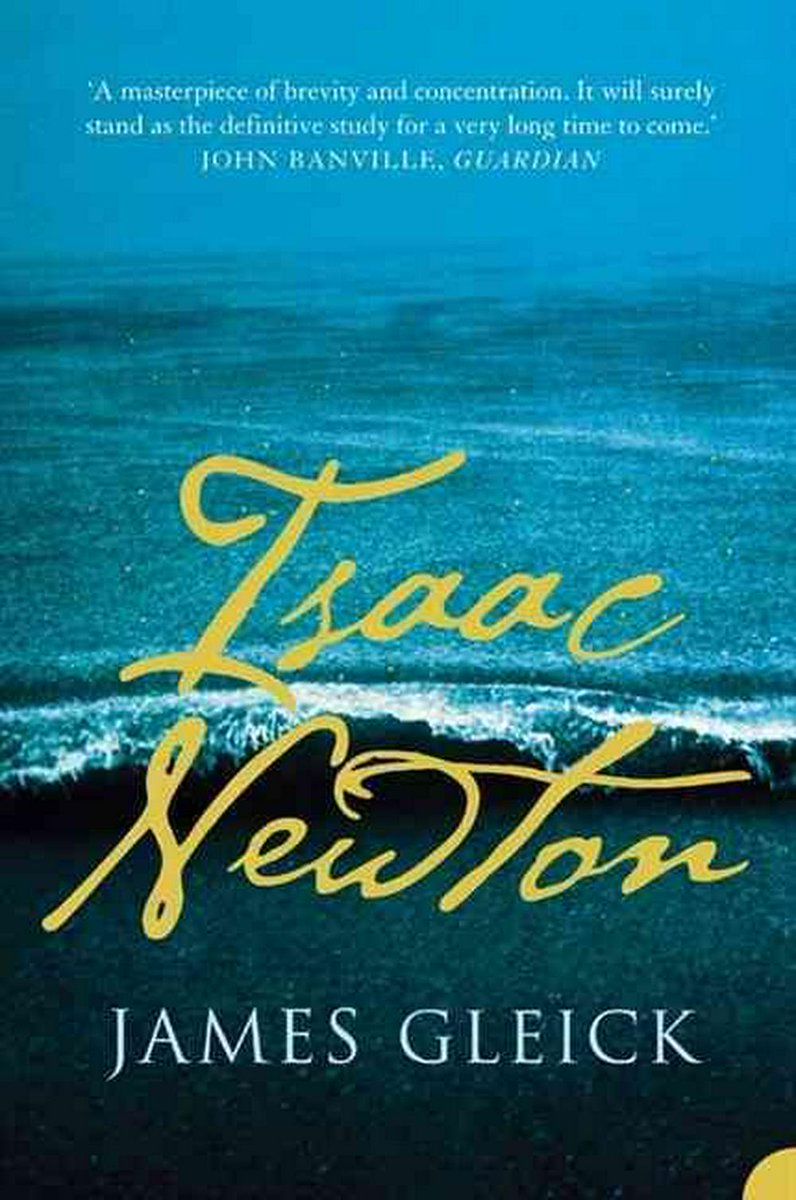

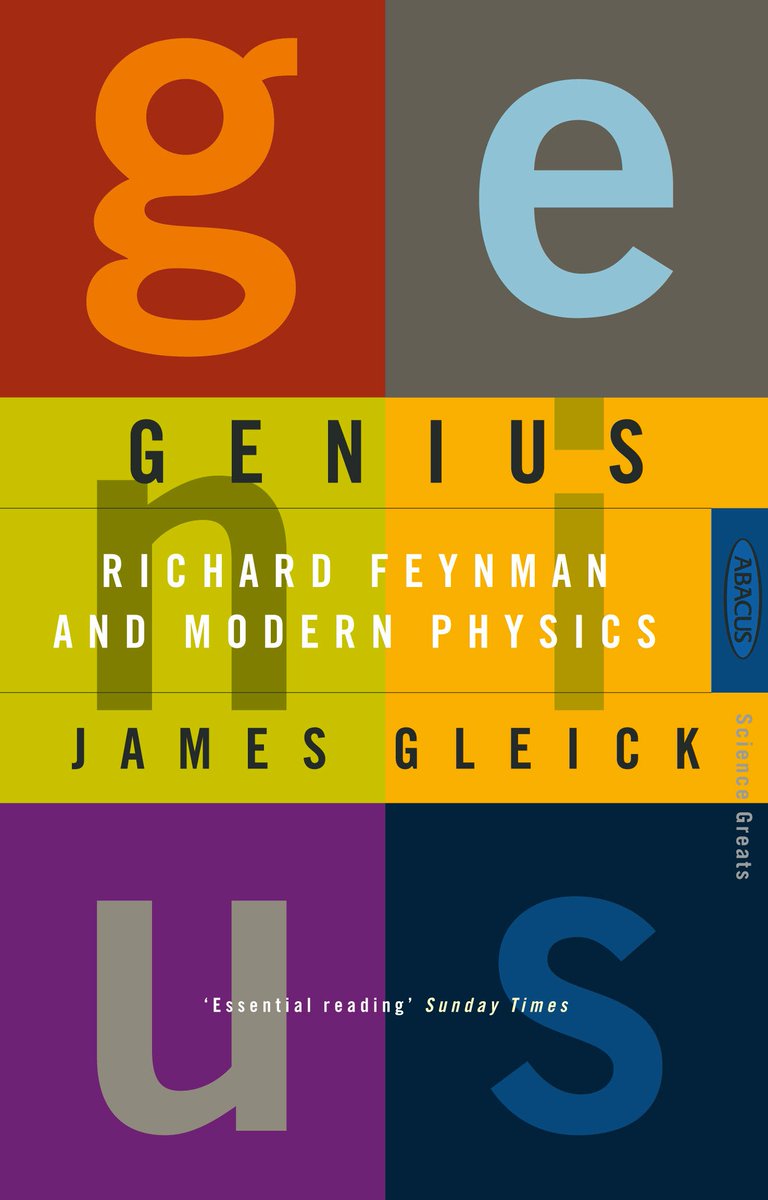
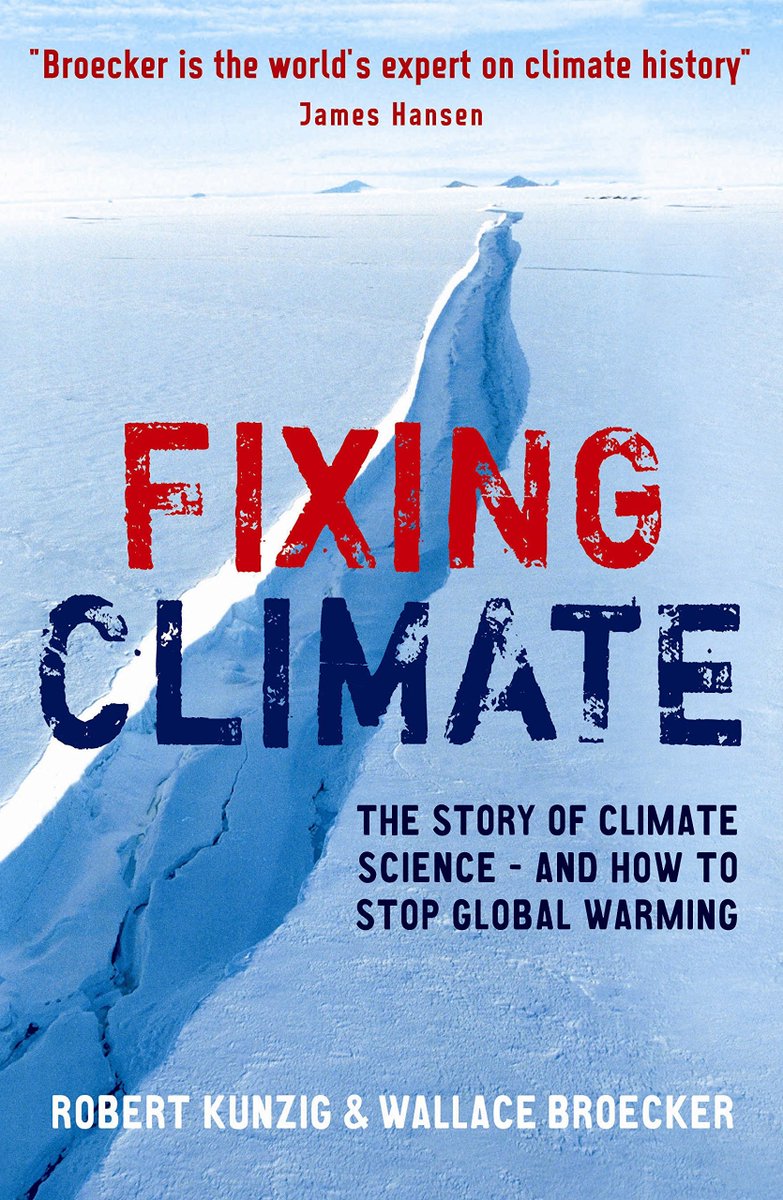
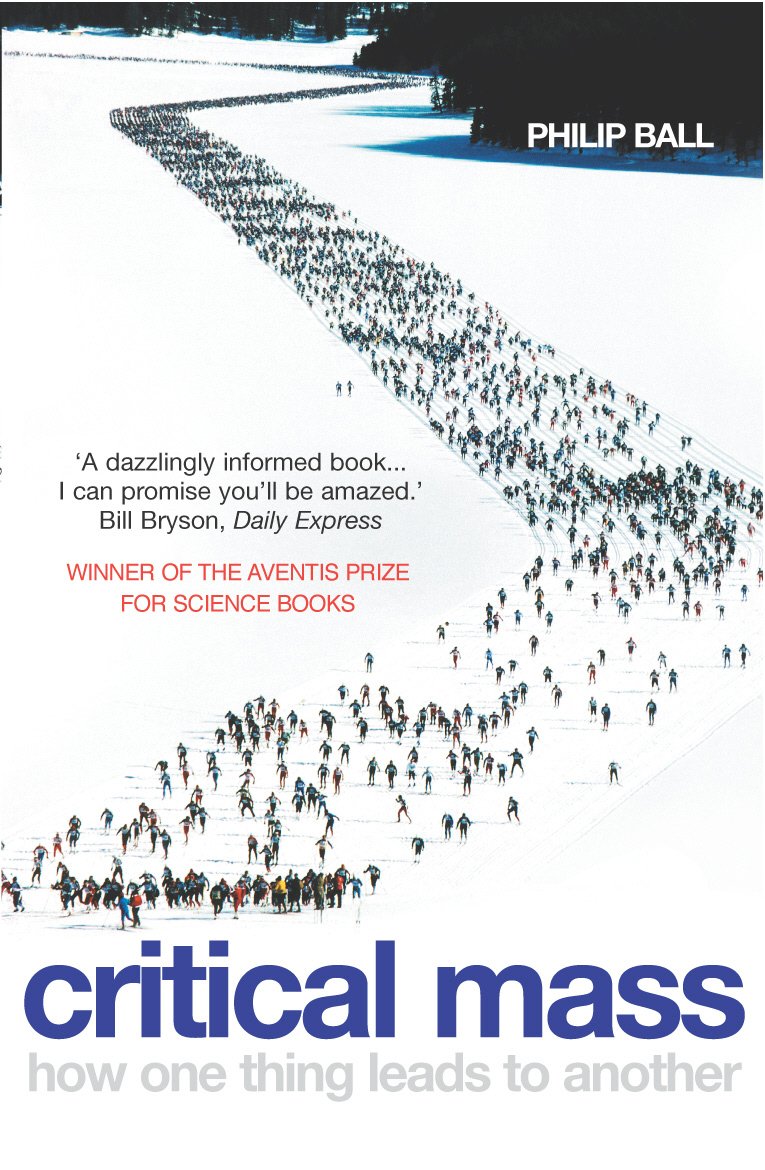

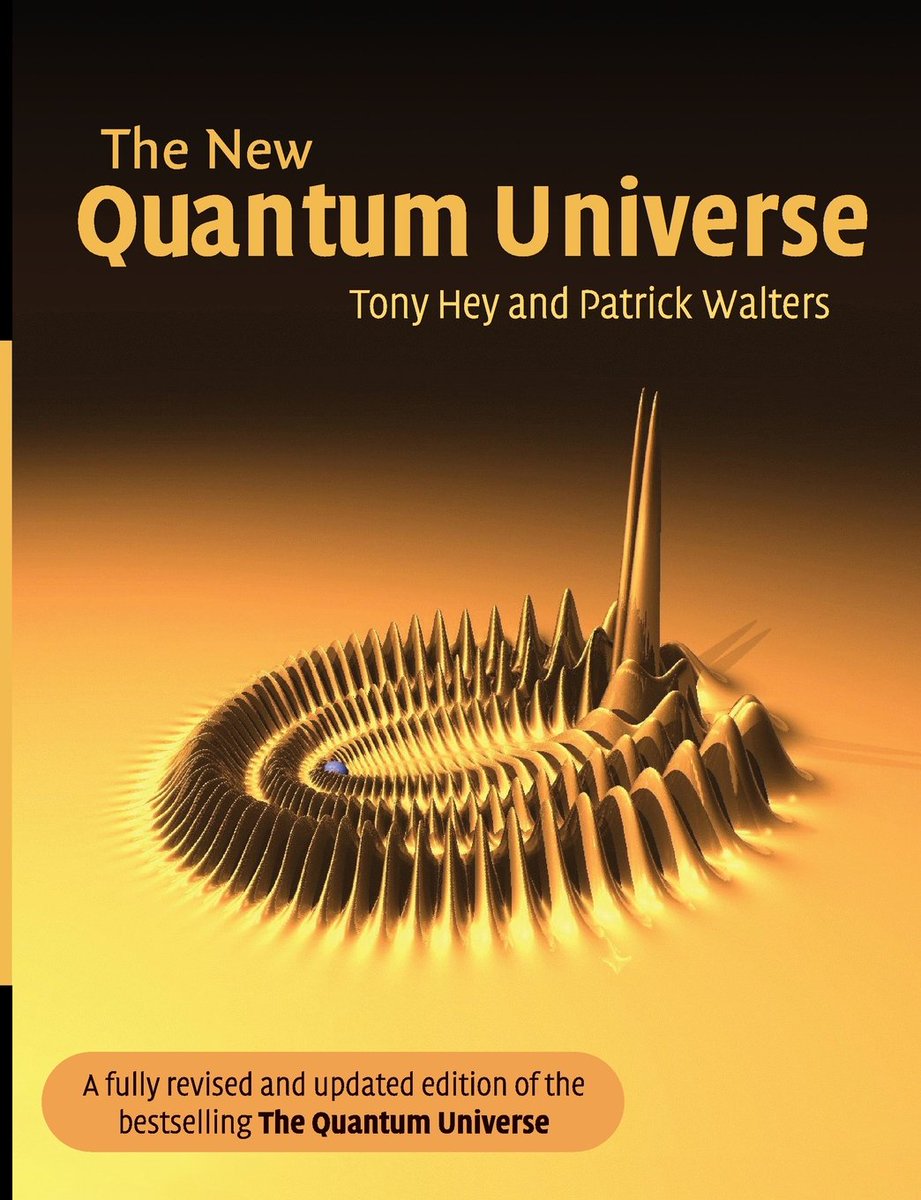
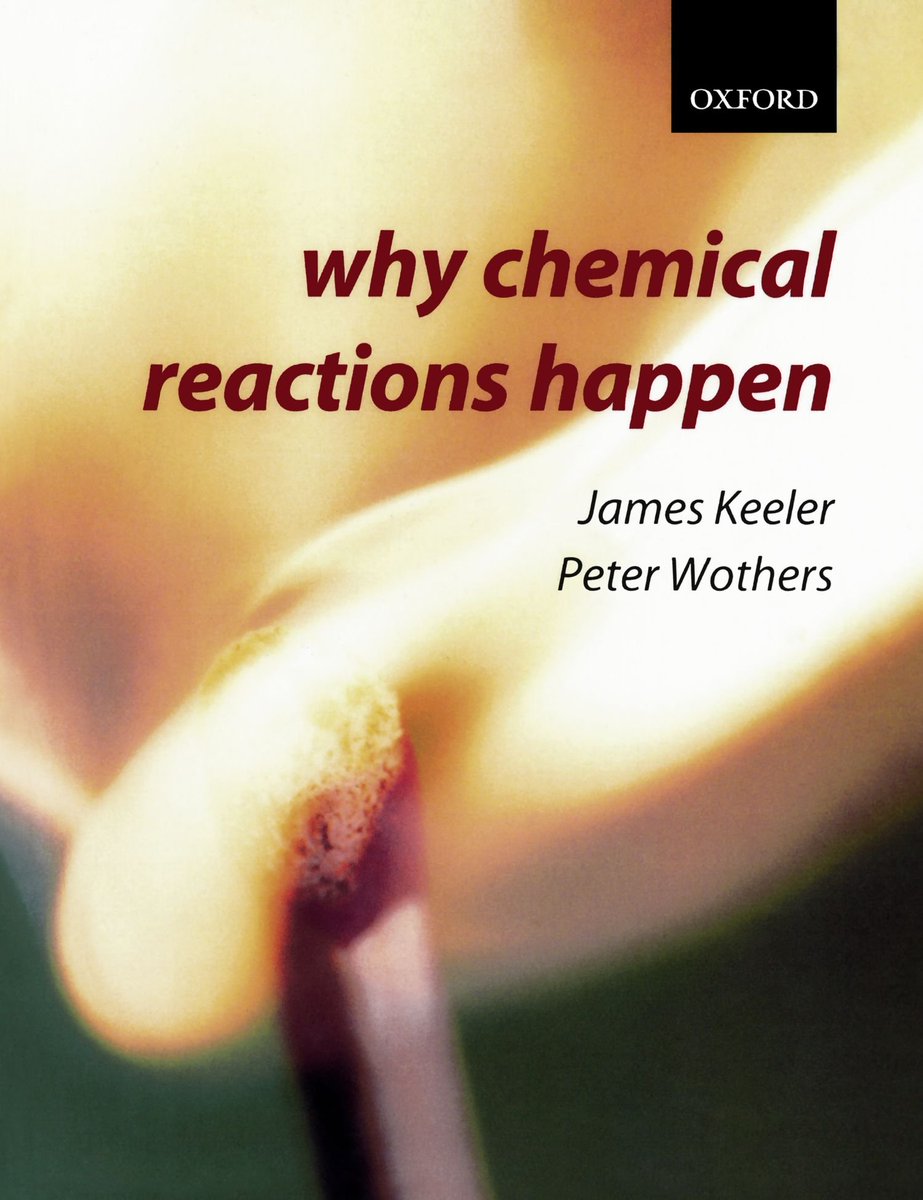
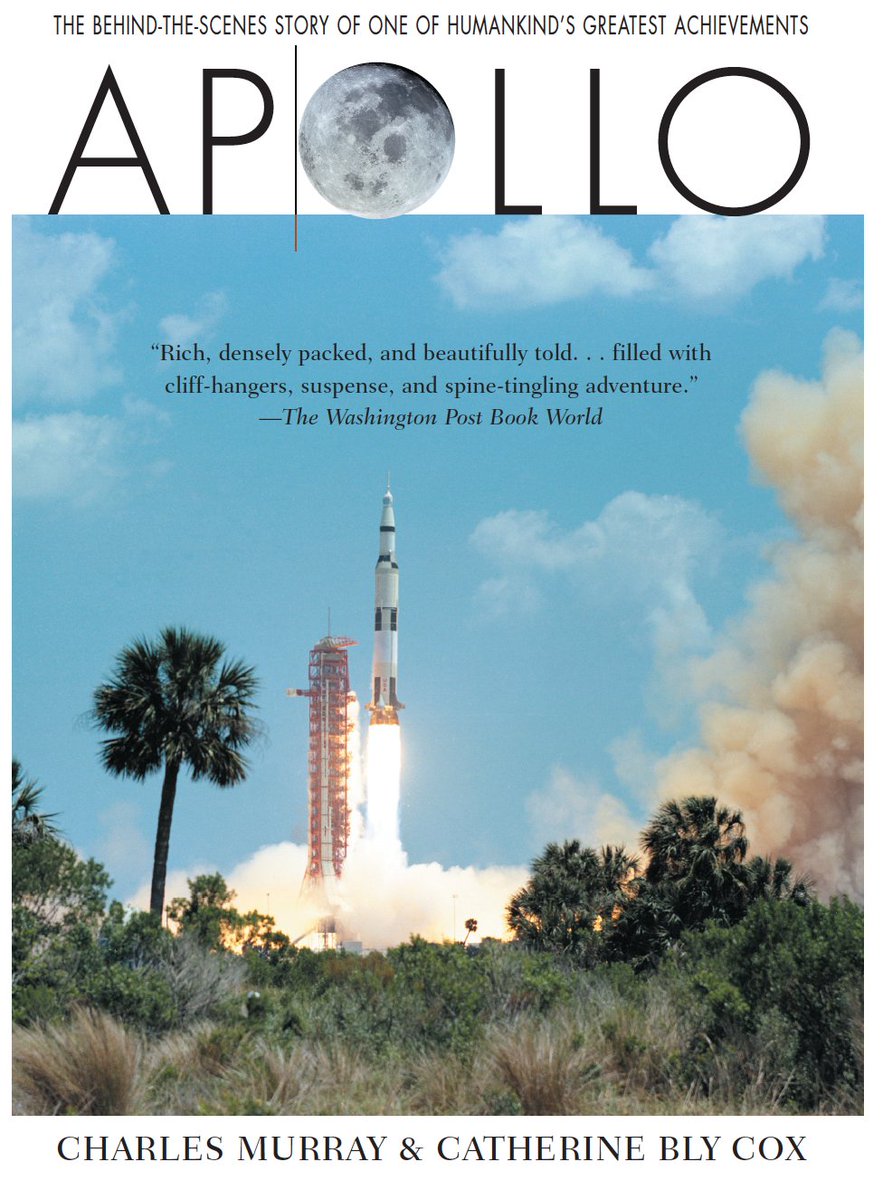
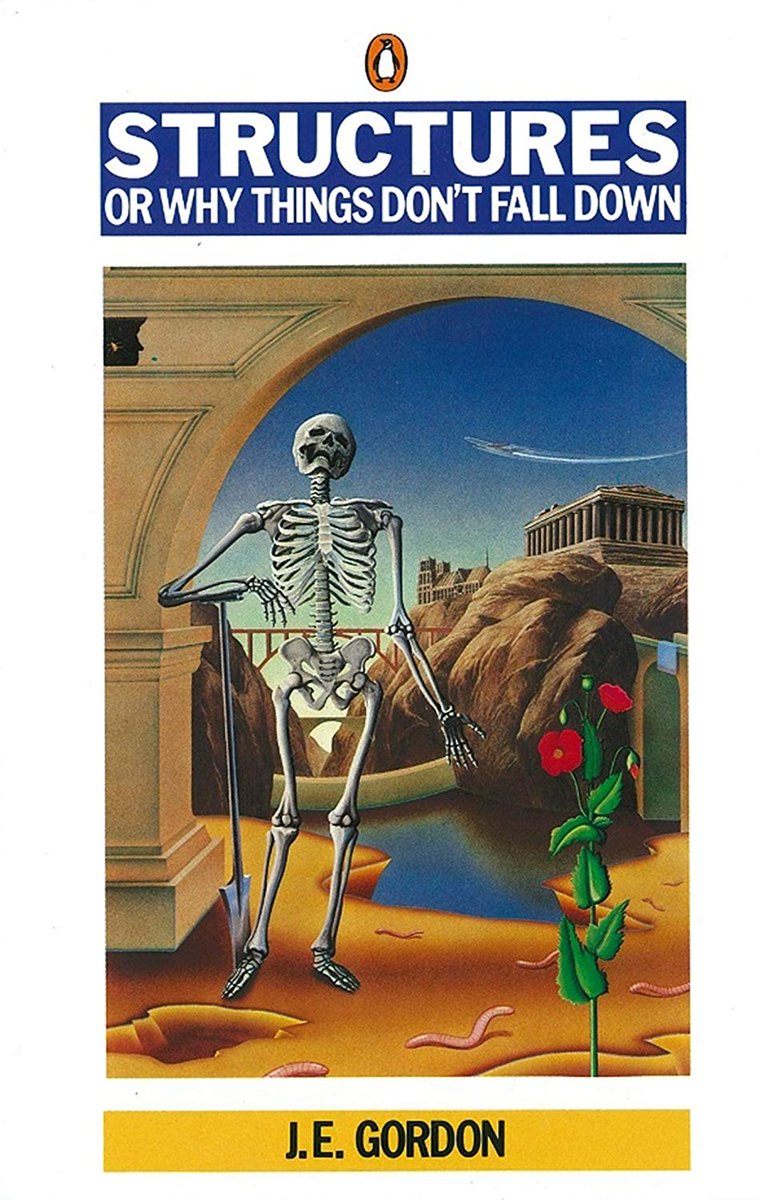

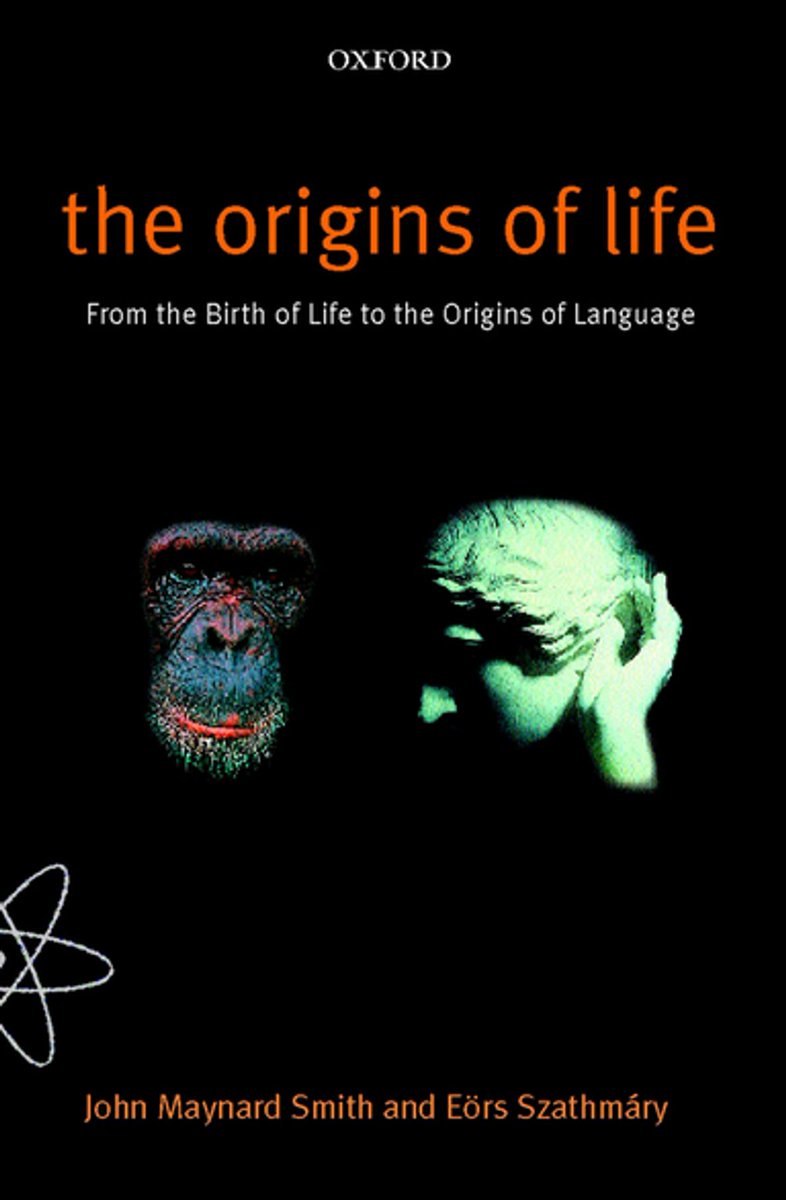
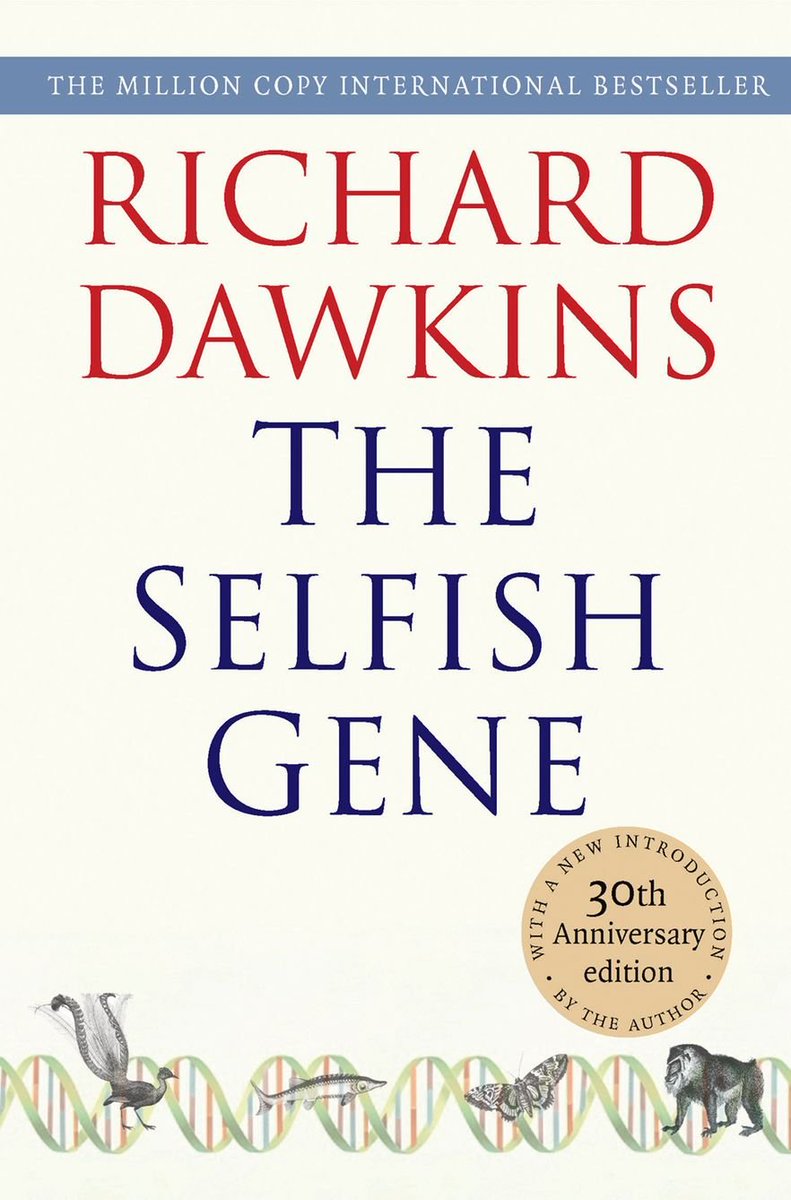
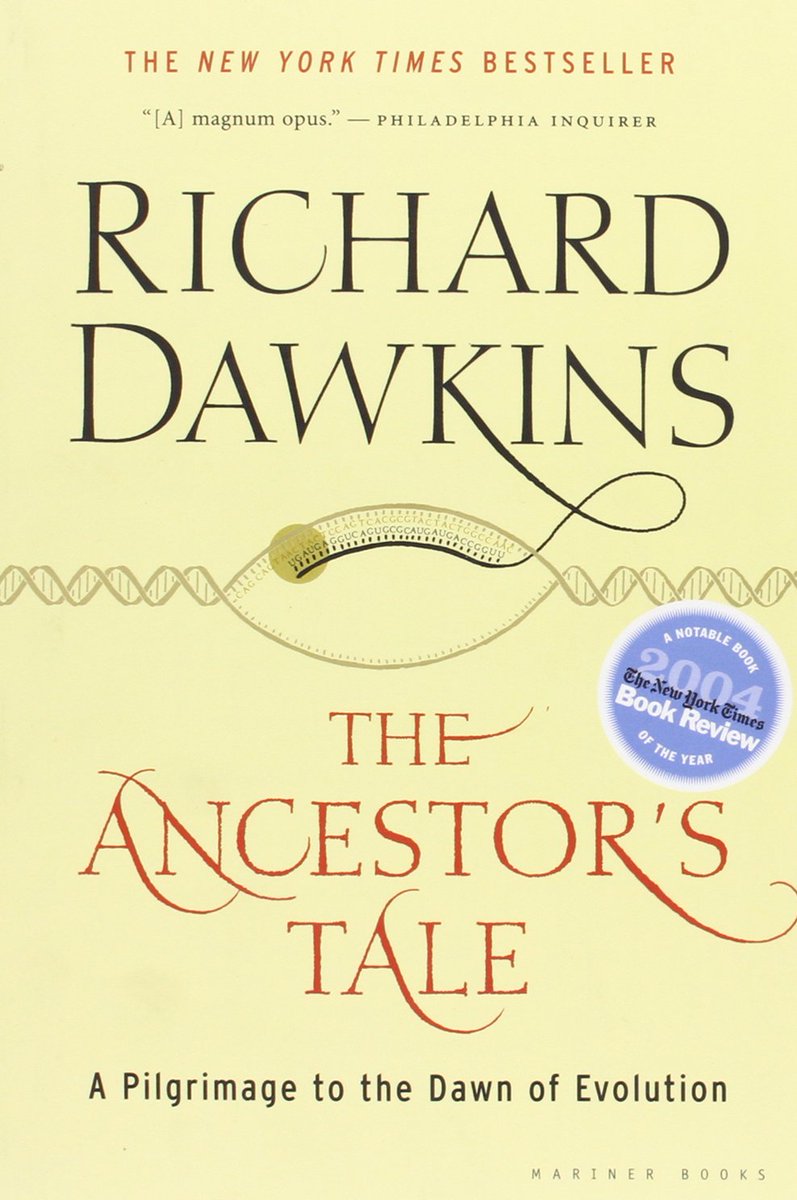

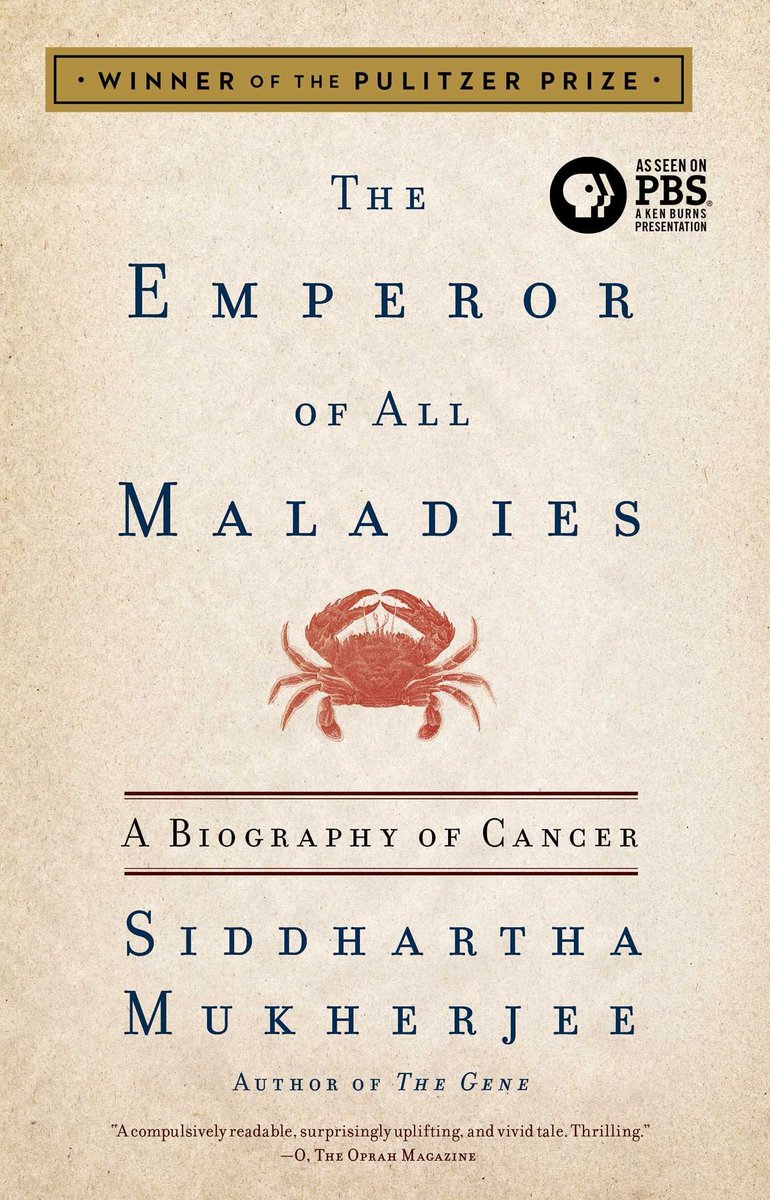


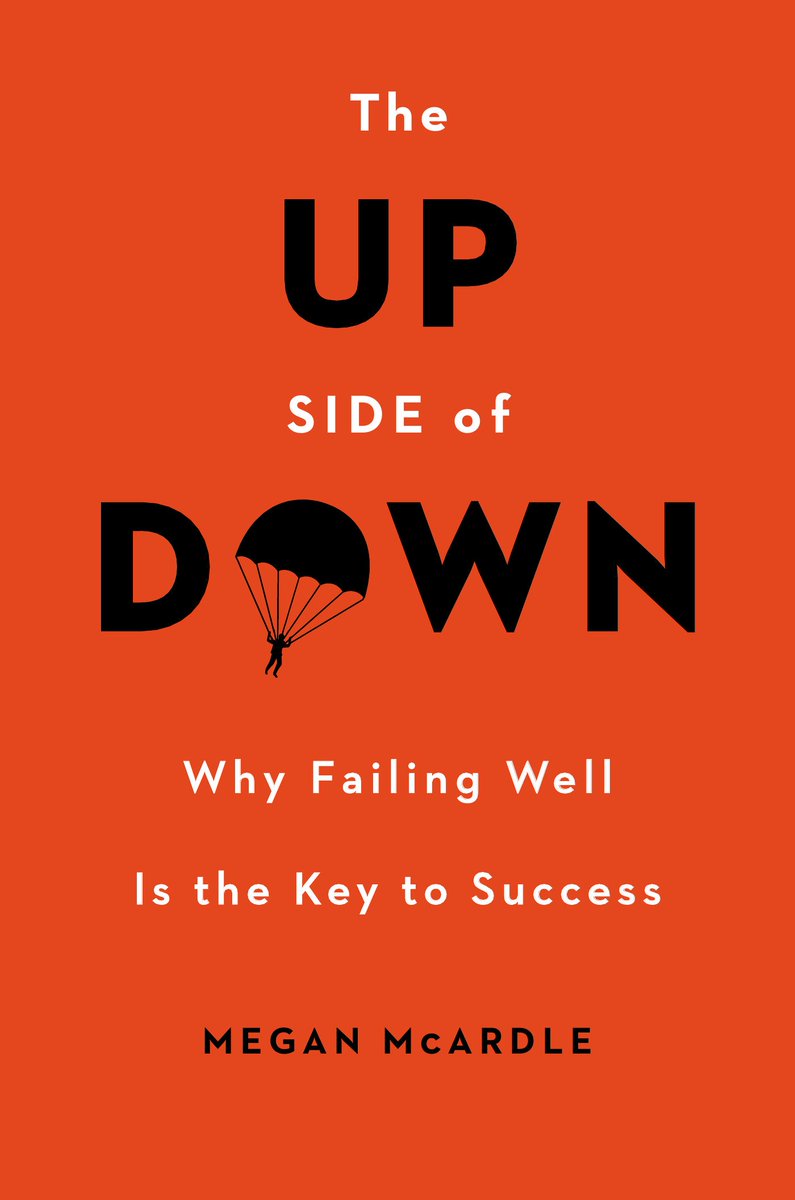


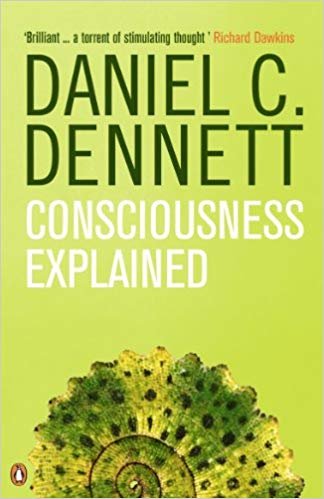
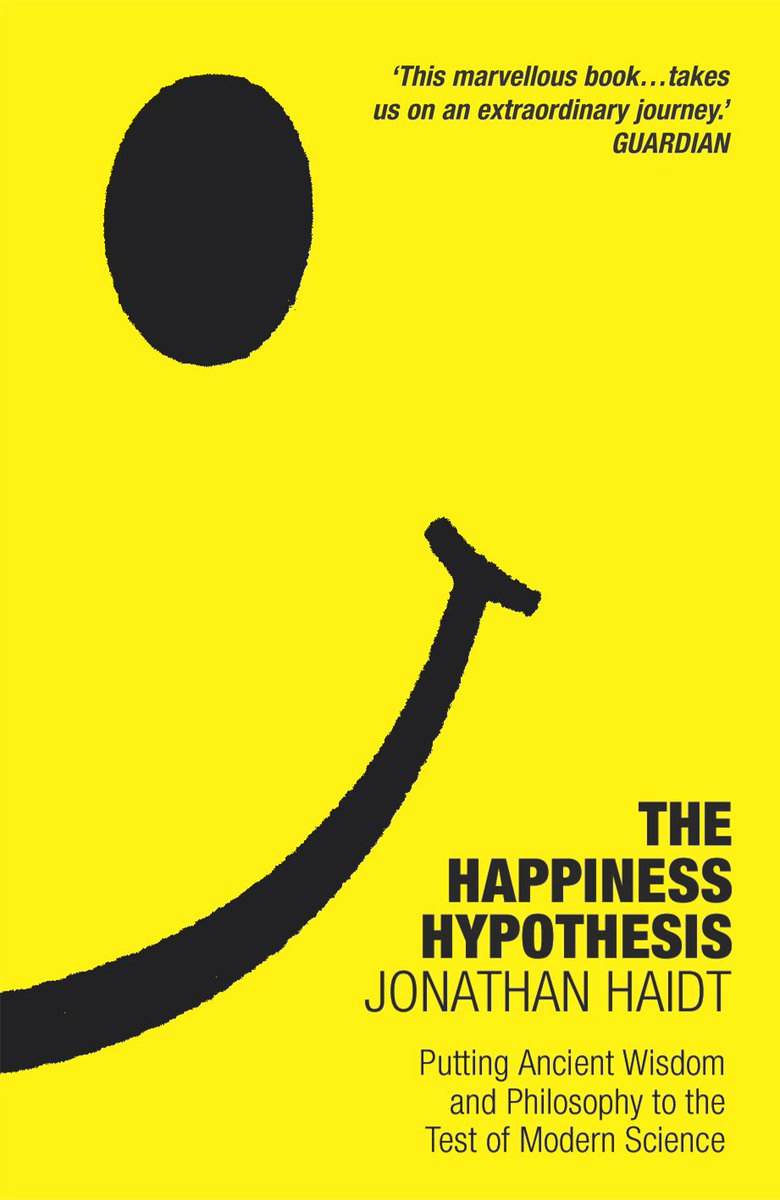

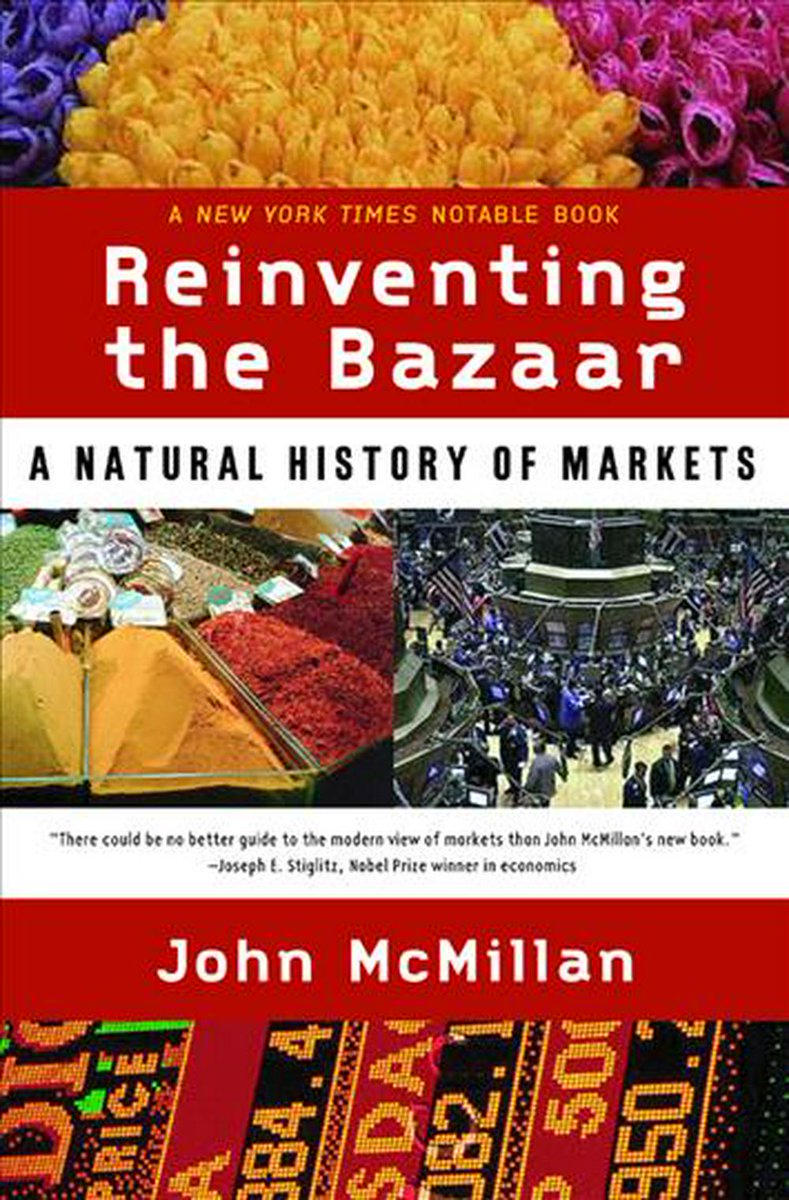
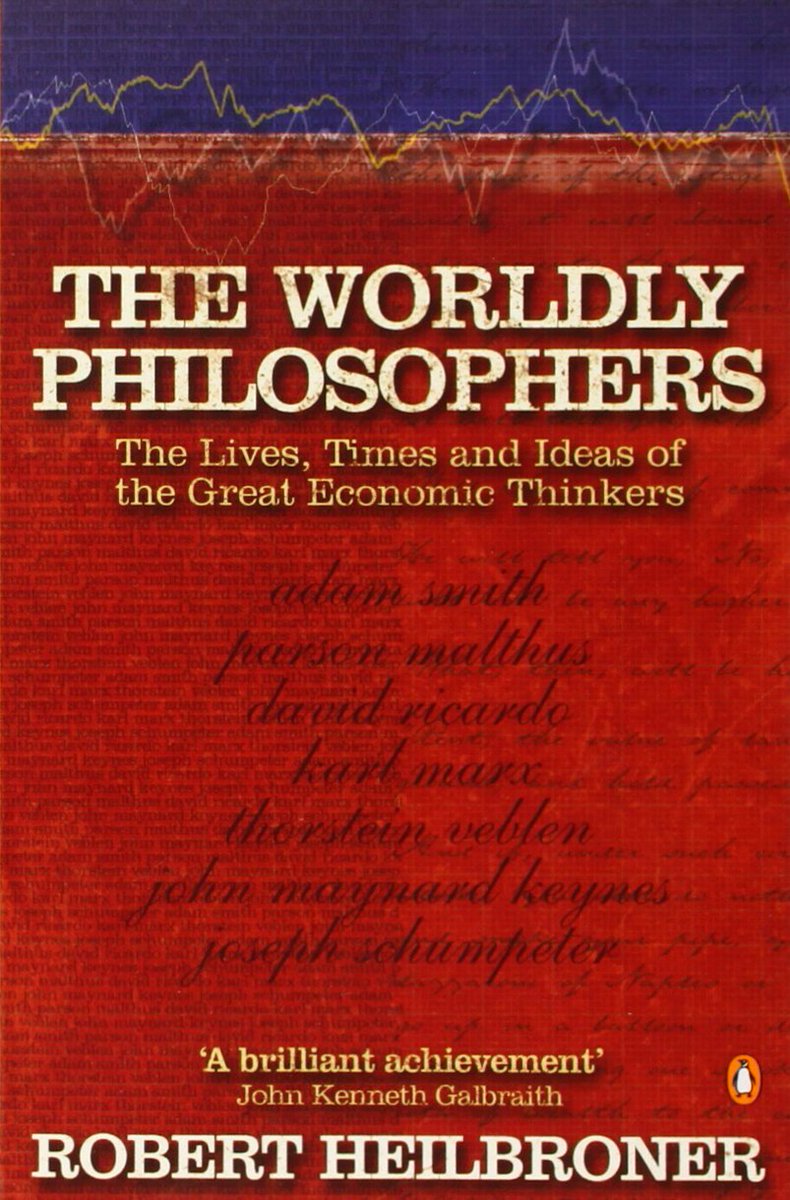

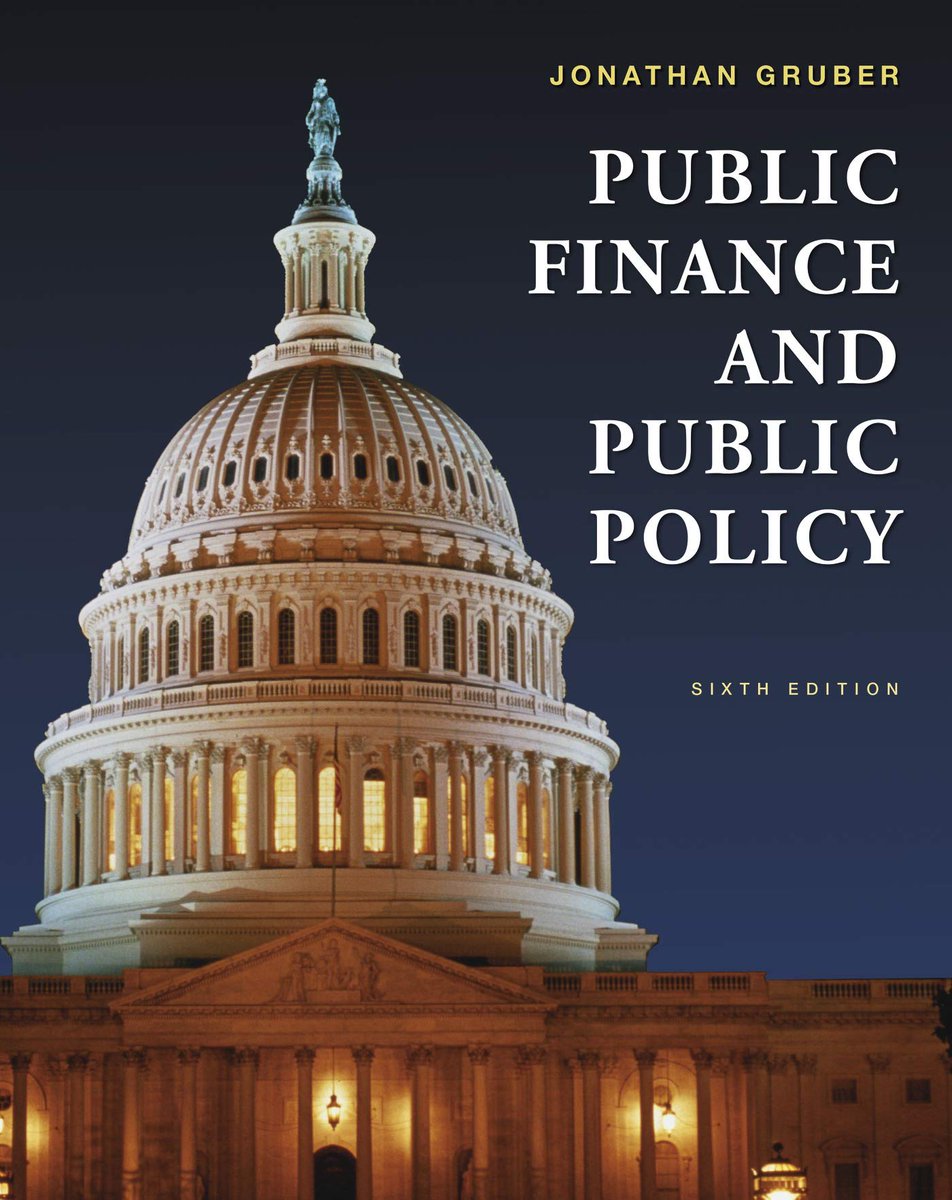
 " title="To take a finance turn:A book about the history of the understanding of risk (more interesting than it sounds!) and a book about the story of hedge funds (boo hiss). https://abs.twimg.com/emoji/v2/... draggable="false" alt="😉" title="Zwinkerndes Gesicht" aria-label="Emoji: Zwinkerndes Gesicht">">
" title="To take a finance turn:A book about the history of the understanding of risk (more interesting than it sounds!) and a book about the story of hedge funds (boo hiss). https://abs.twimg.com/emoji/v2/... draggable="false" alt="😉" title="Zwinkerndes Gesicht" aria-label="Emoji: Zwinkerndes Gesicht">">
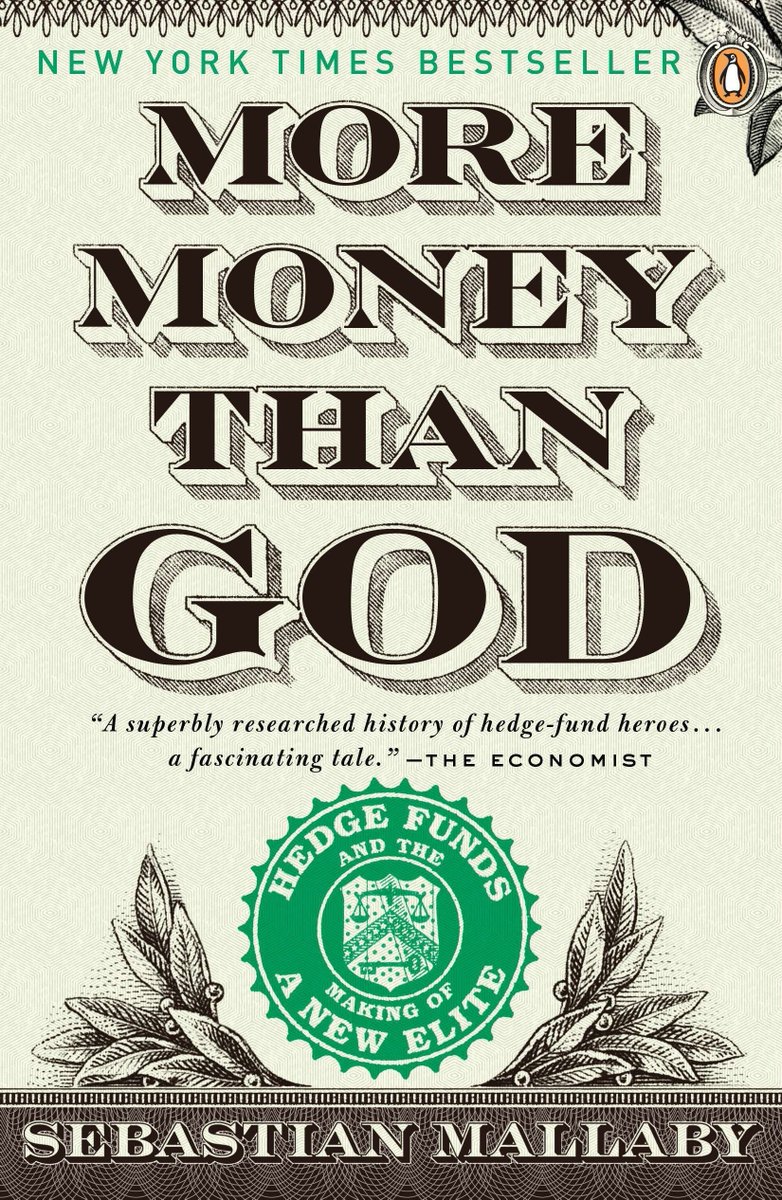 " title="To take a finance turn:A book about the history of the understanding of risk (more interesting than it sounds!) and a book about the story of hedge funds (boo hiss). https://abs.twimg.com/emoji/v2/... draggable="false" alt="😉" title="Zwinkerndes Gesicht" aria-label="Emoji: Zwinkerndes Gesicht">">
" title="To take a finance turn:A book about the history of the understanding of risk (more interesting than it sounds!) and a book about the story of hedge funds (boo hiss). https://abs.twimg.com/emoji/v2/... draggable="false" alt="😉" title="Zwinkerndes Gesicht" aria-label="Emoji: Zwinkerndes Gesicht">">
